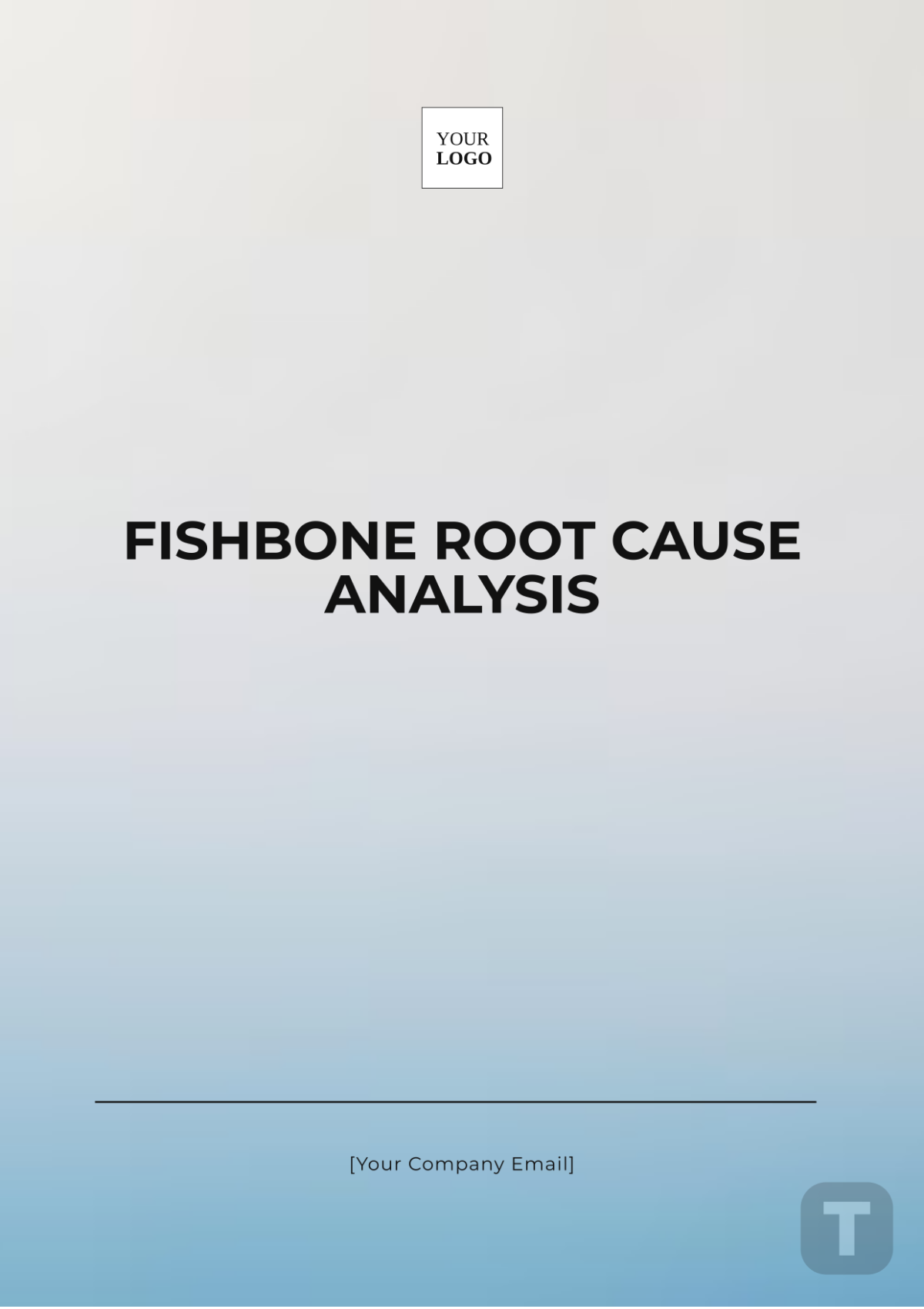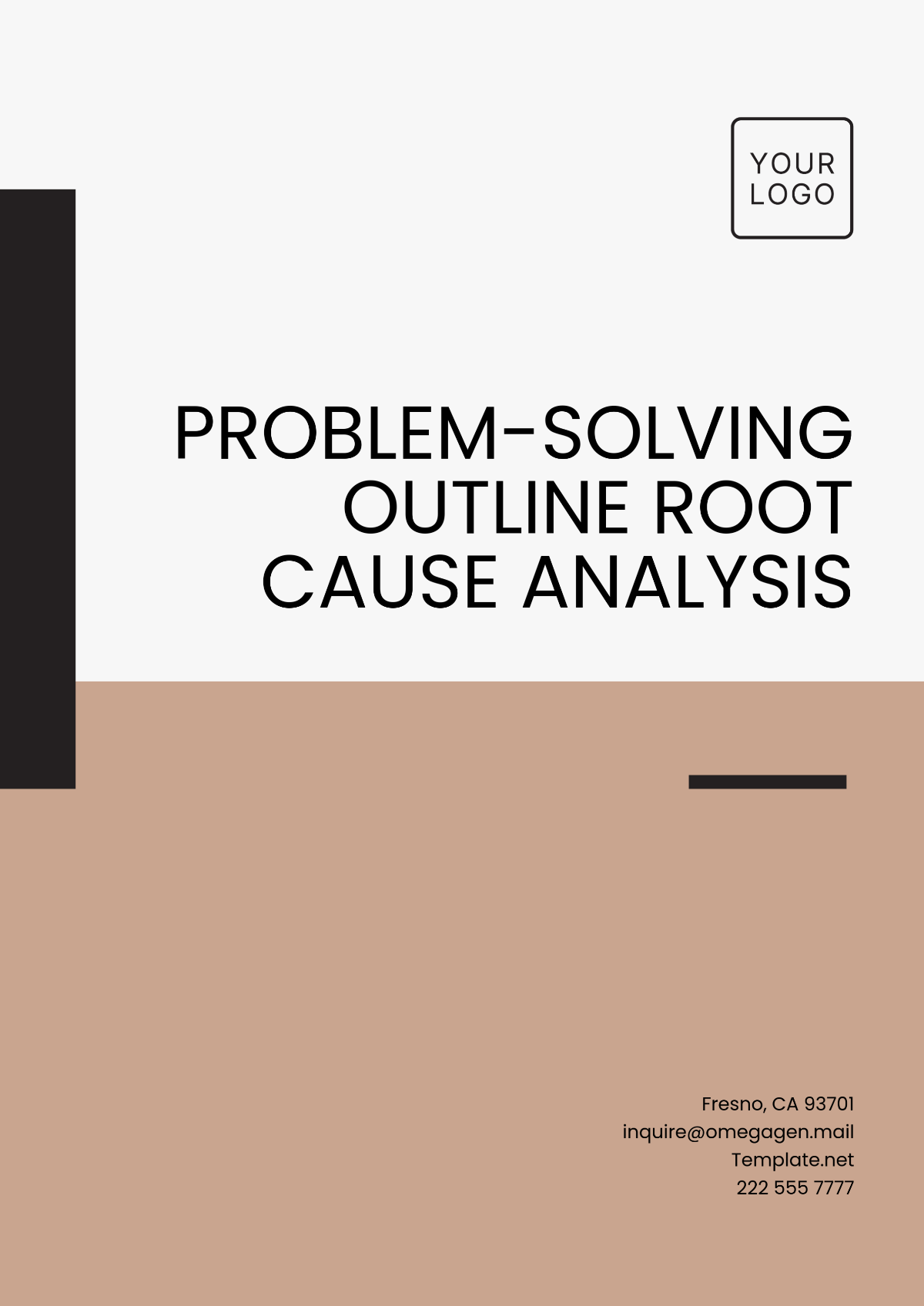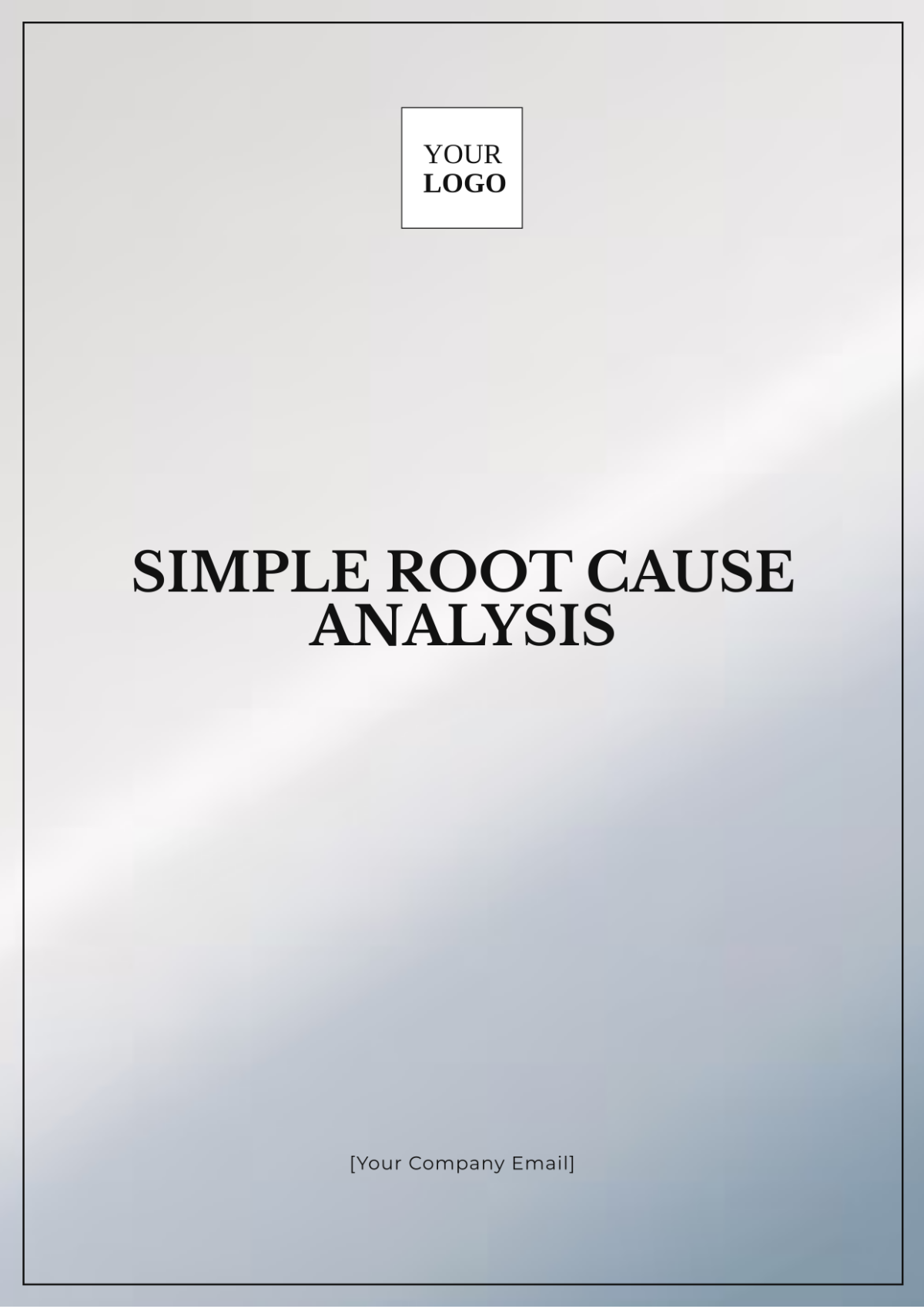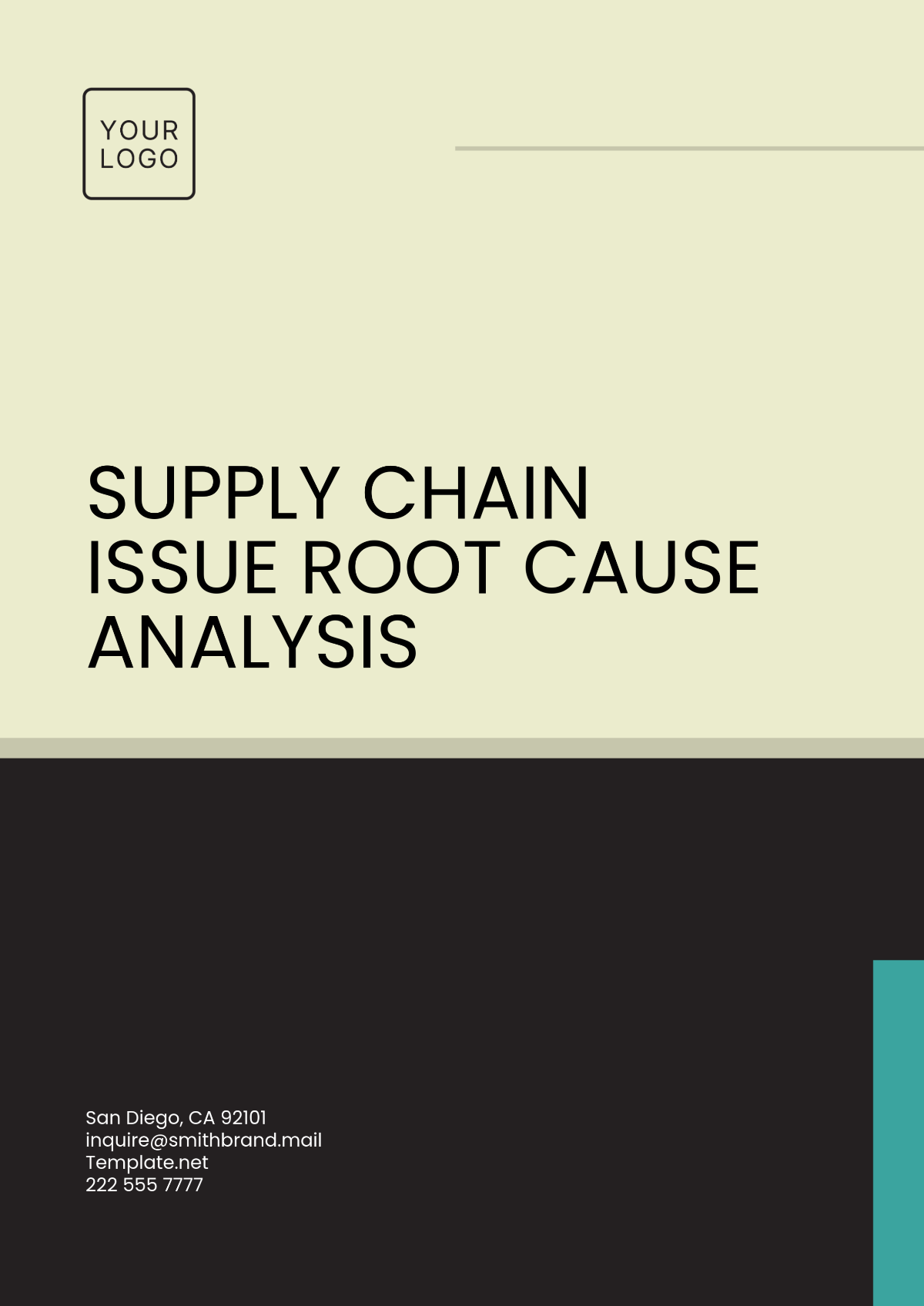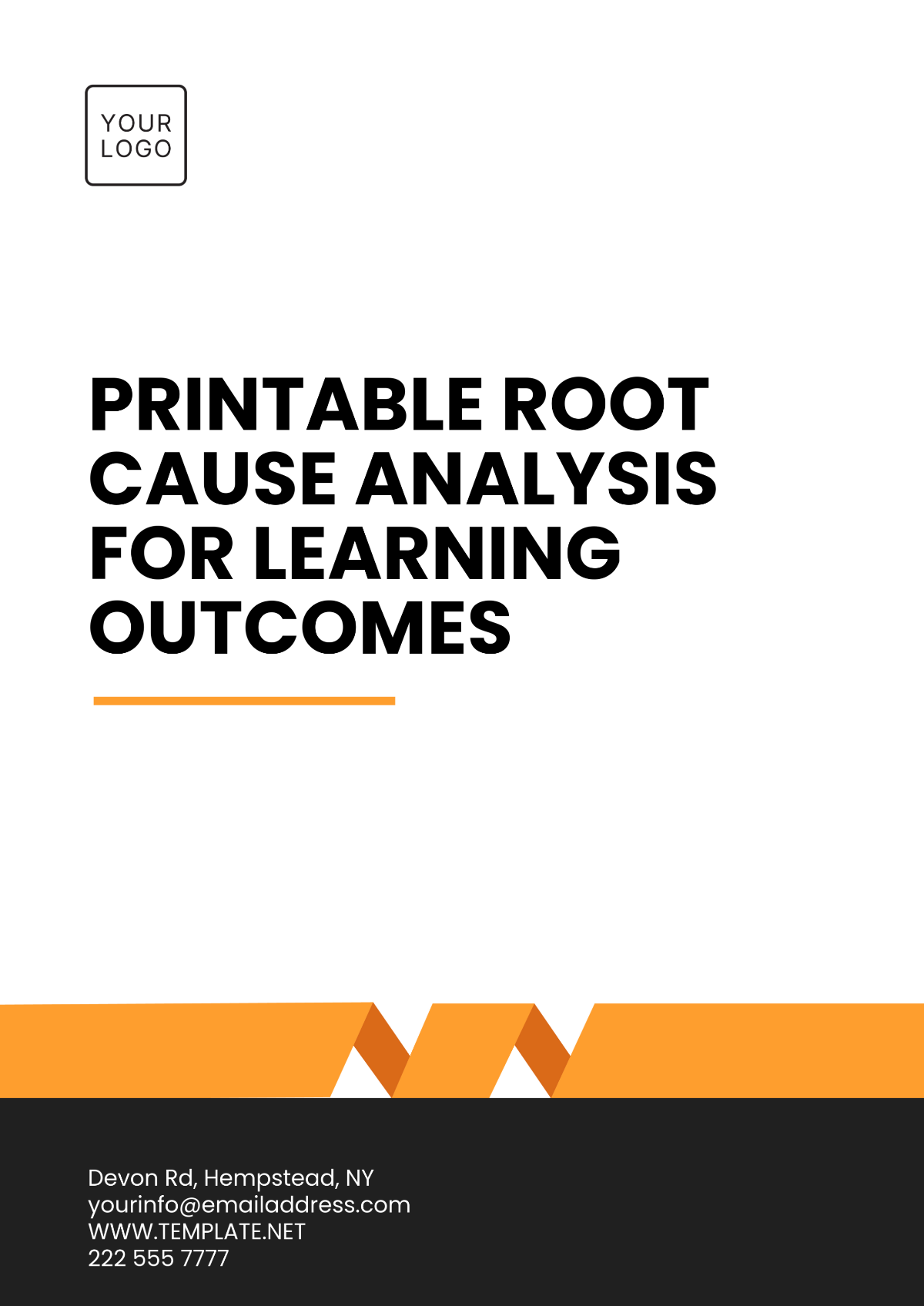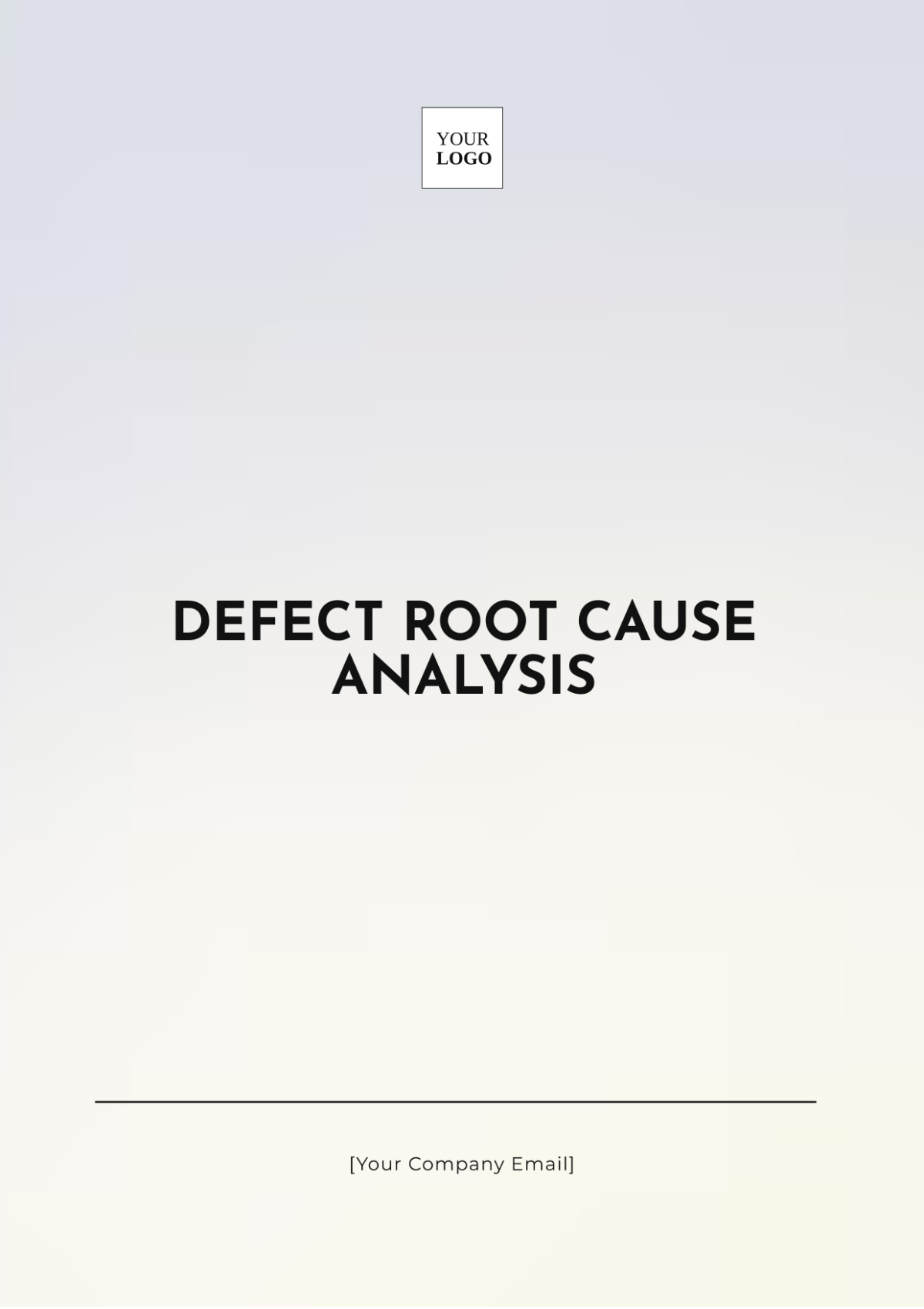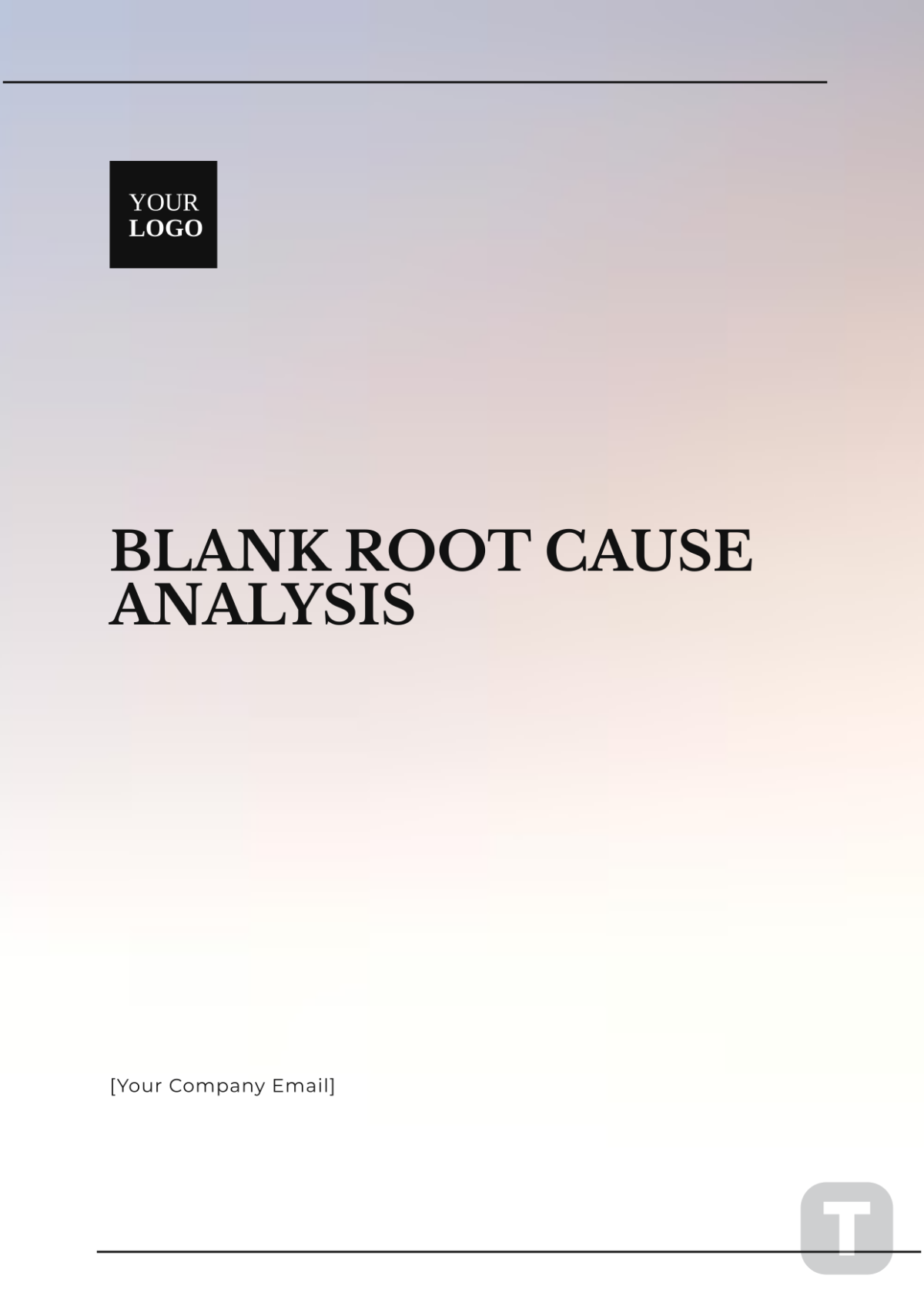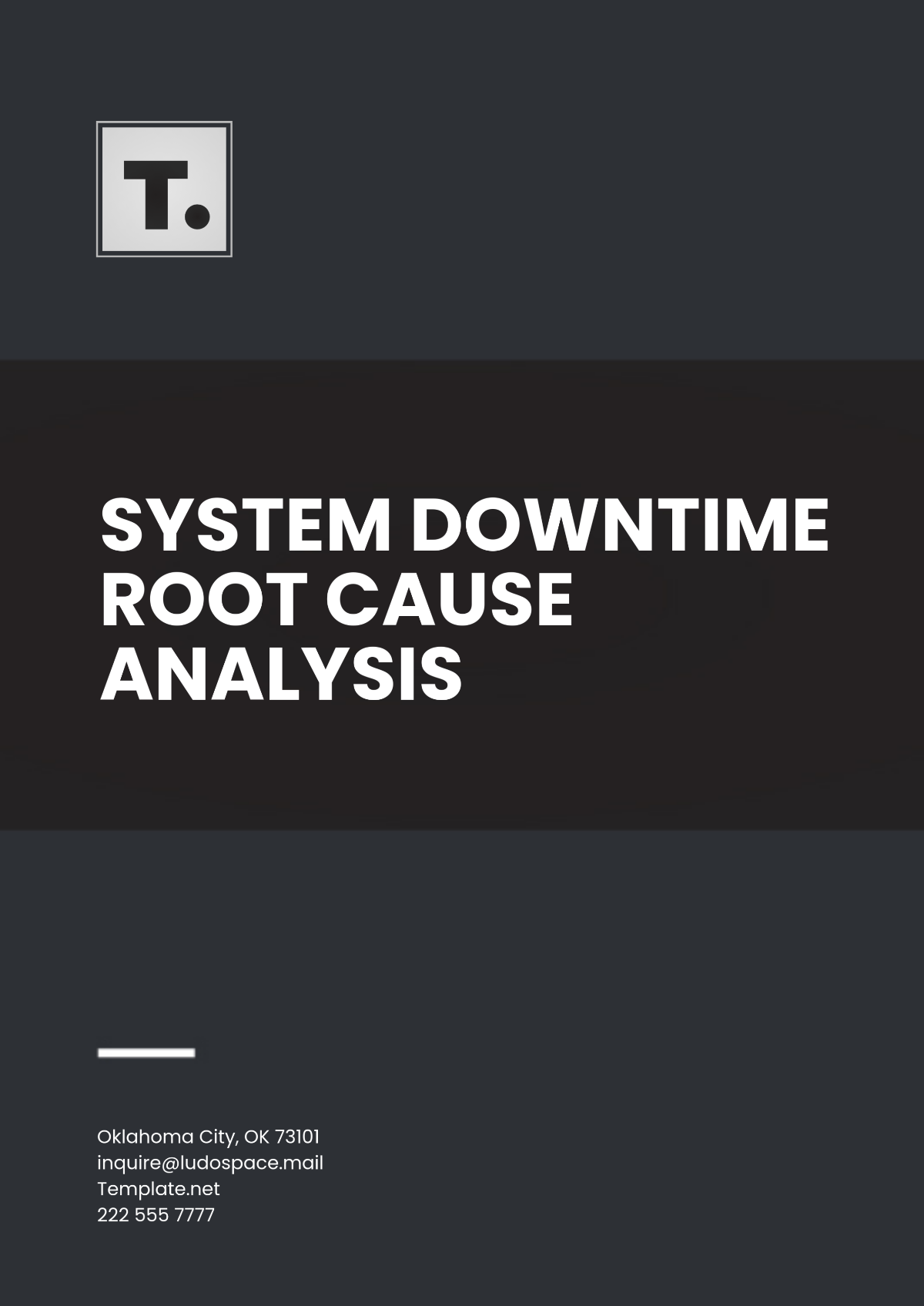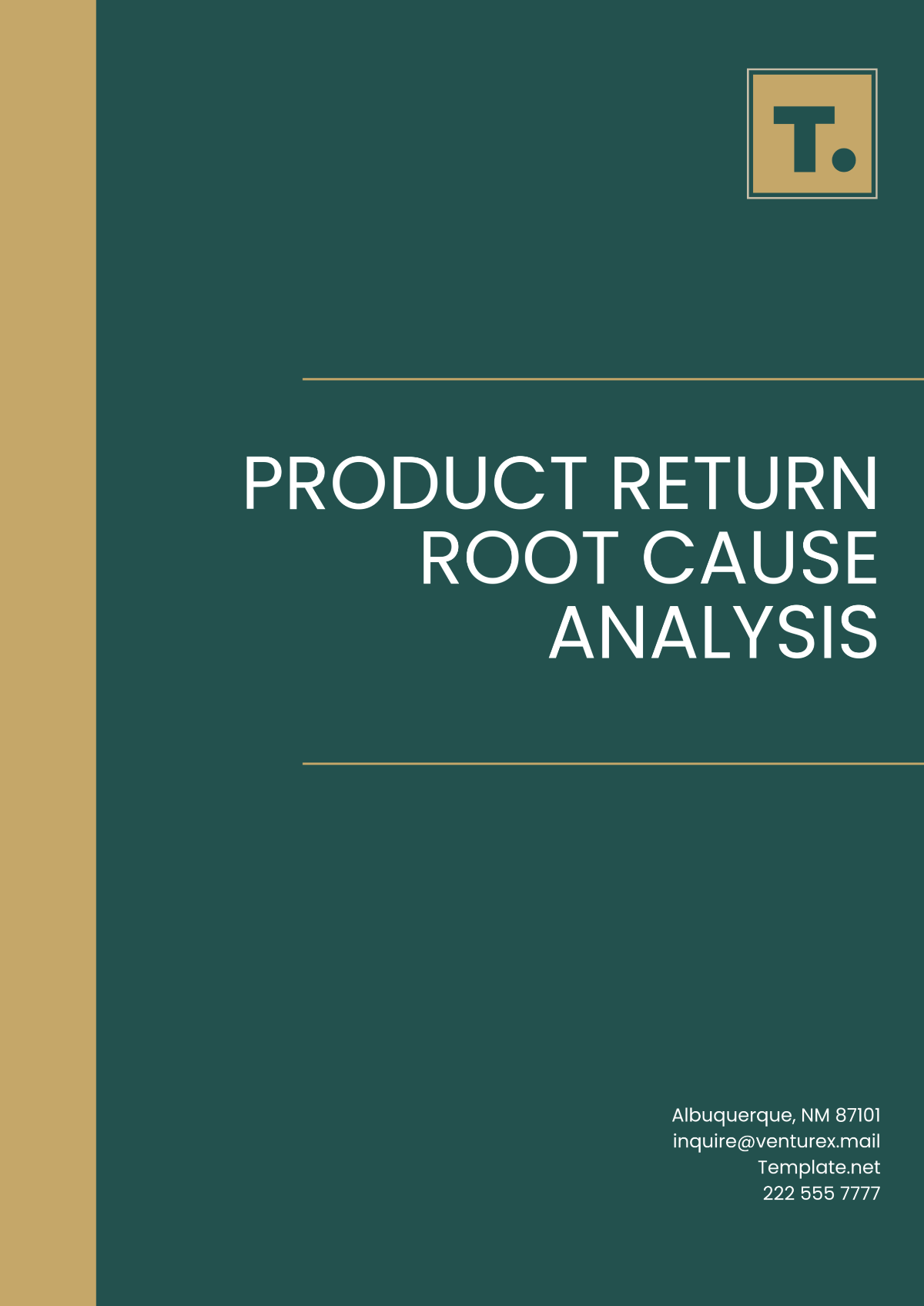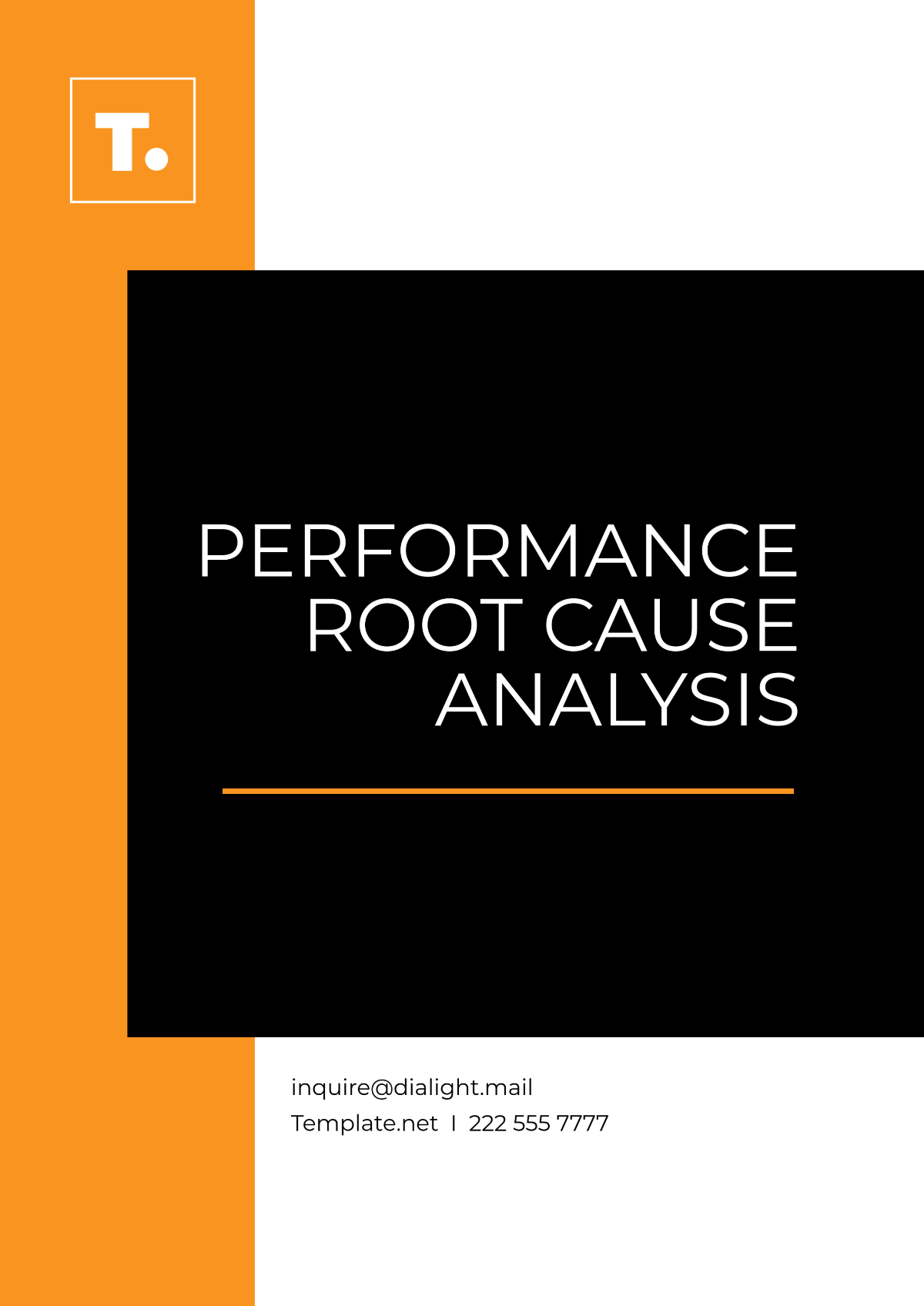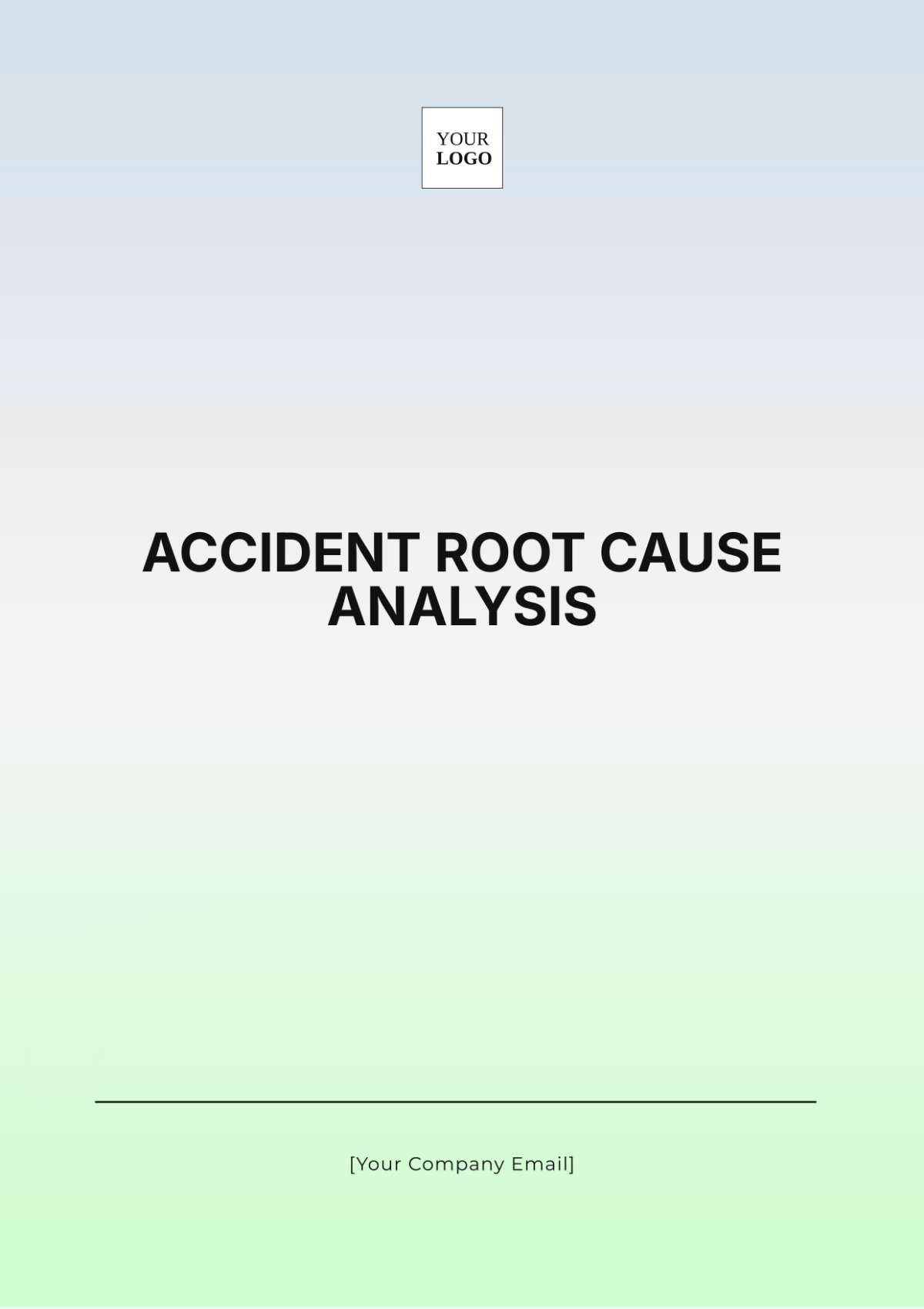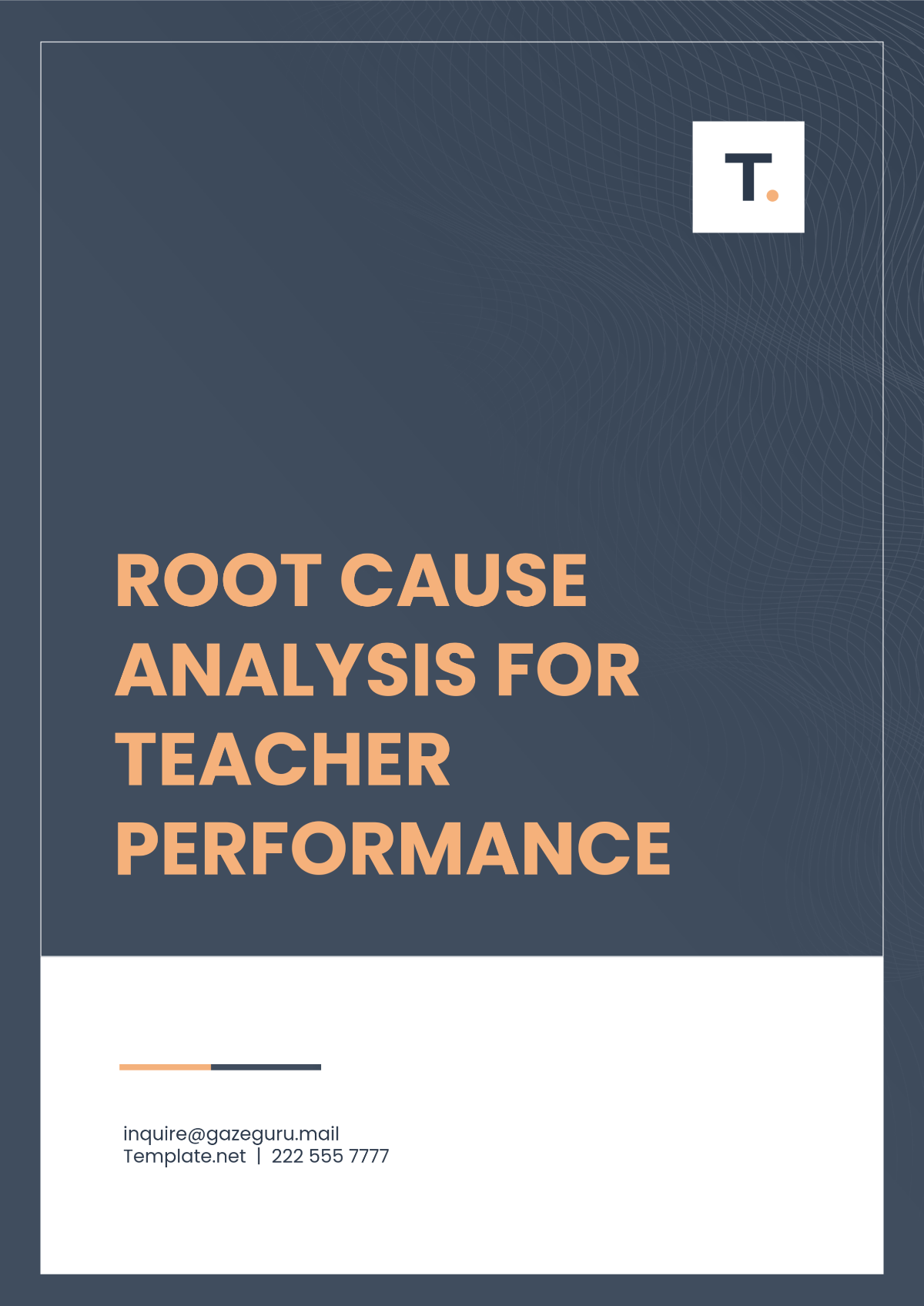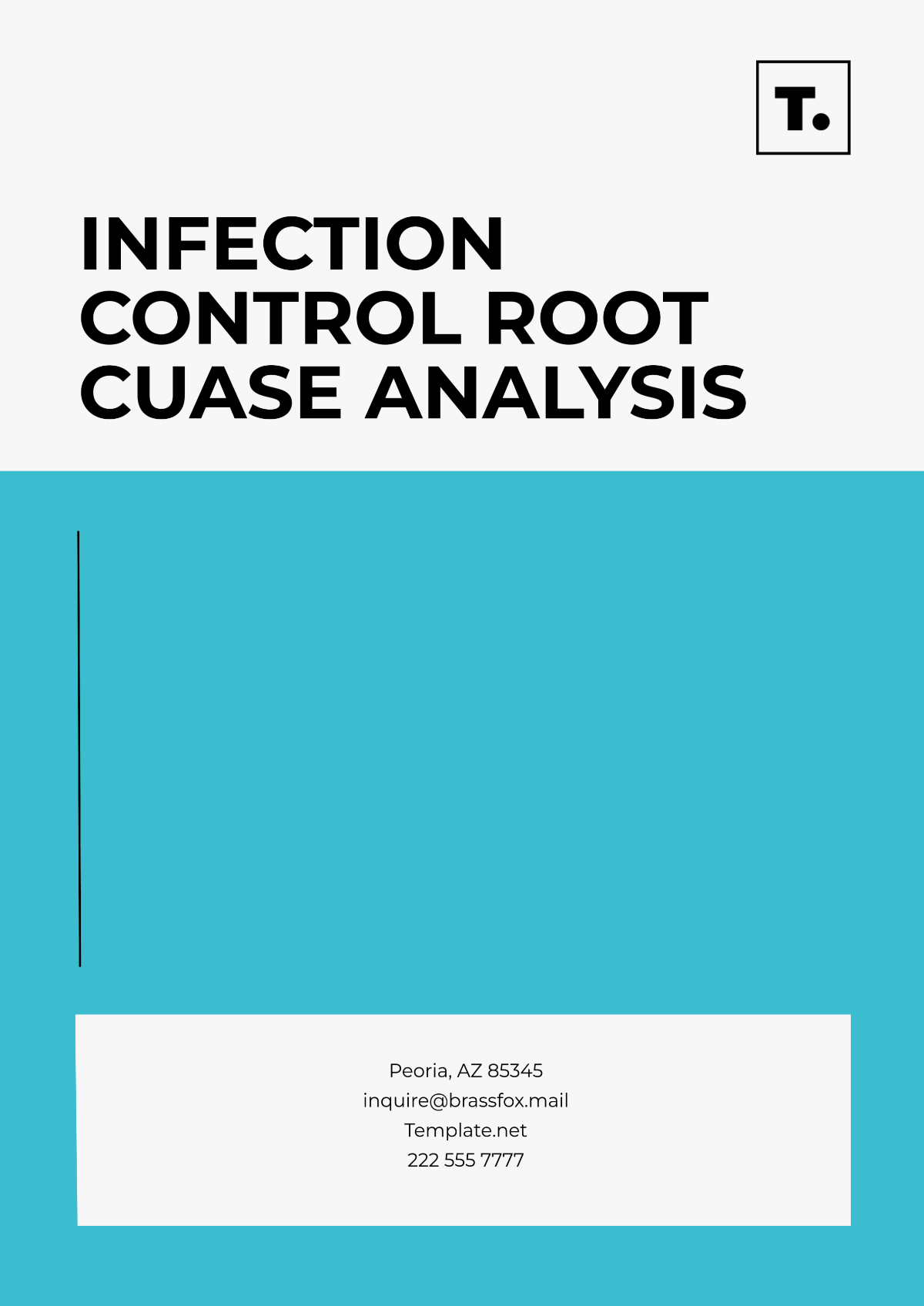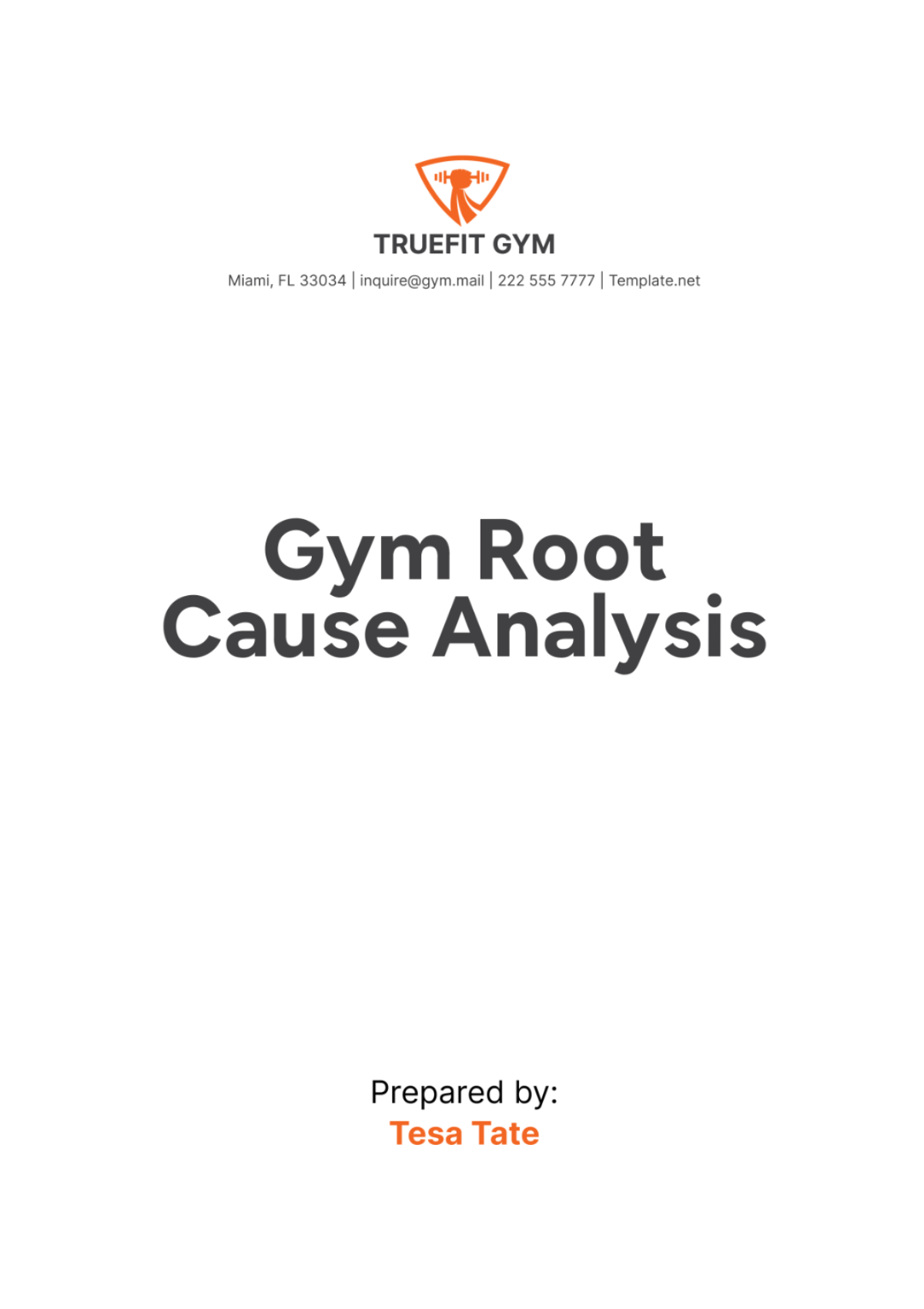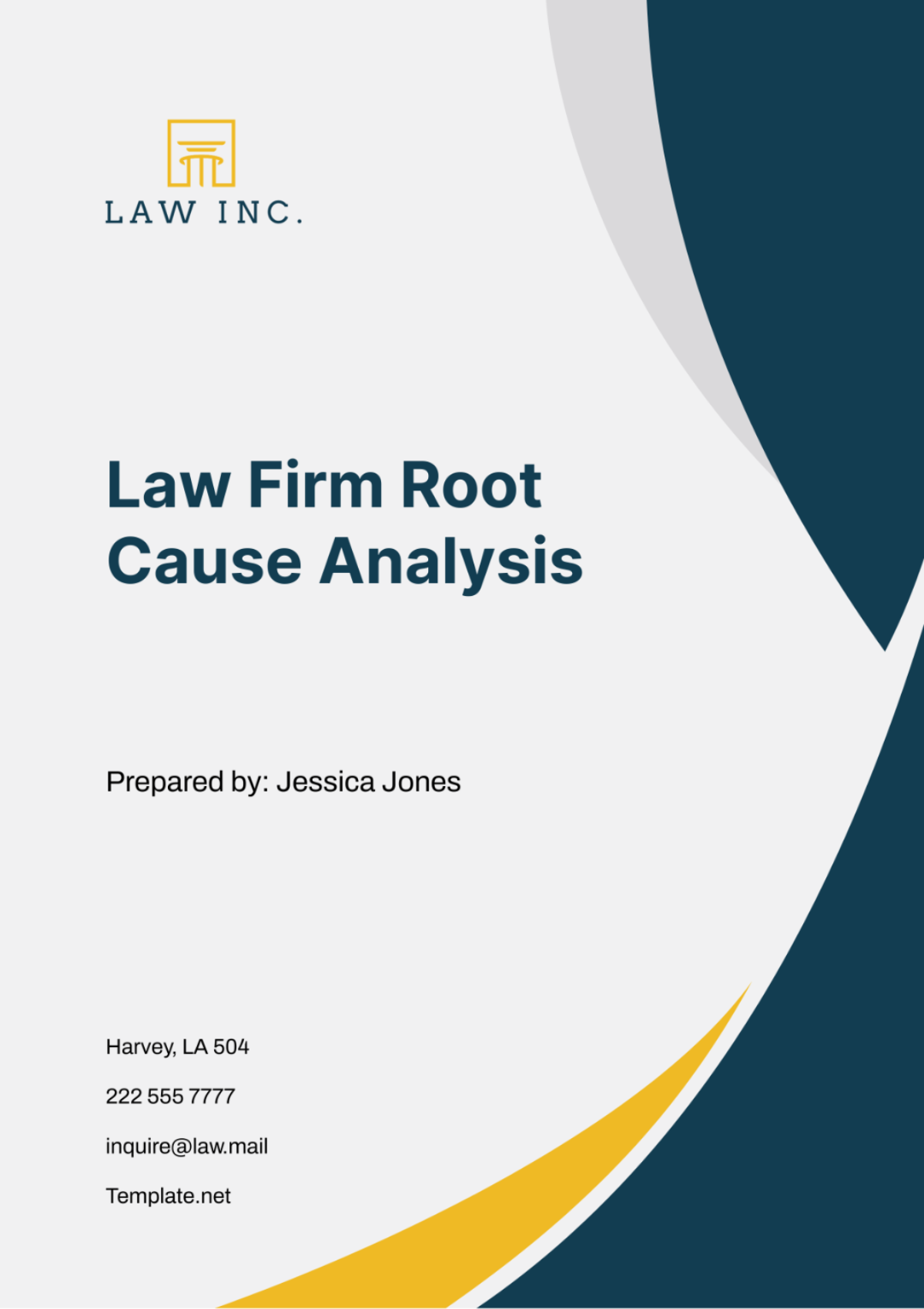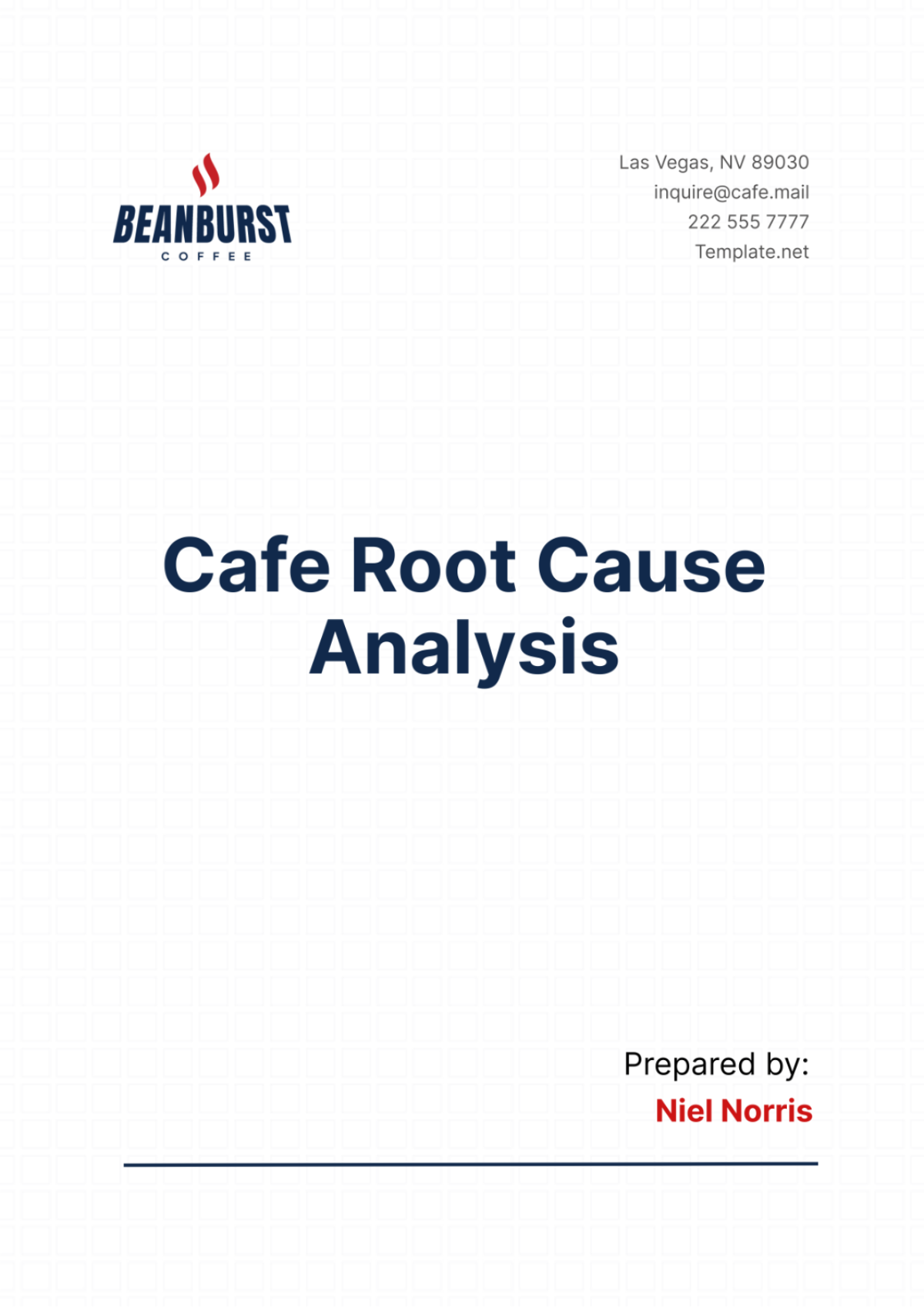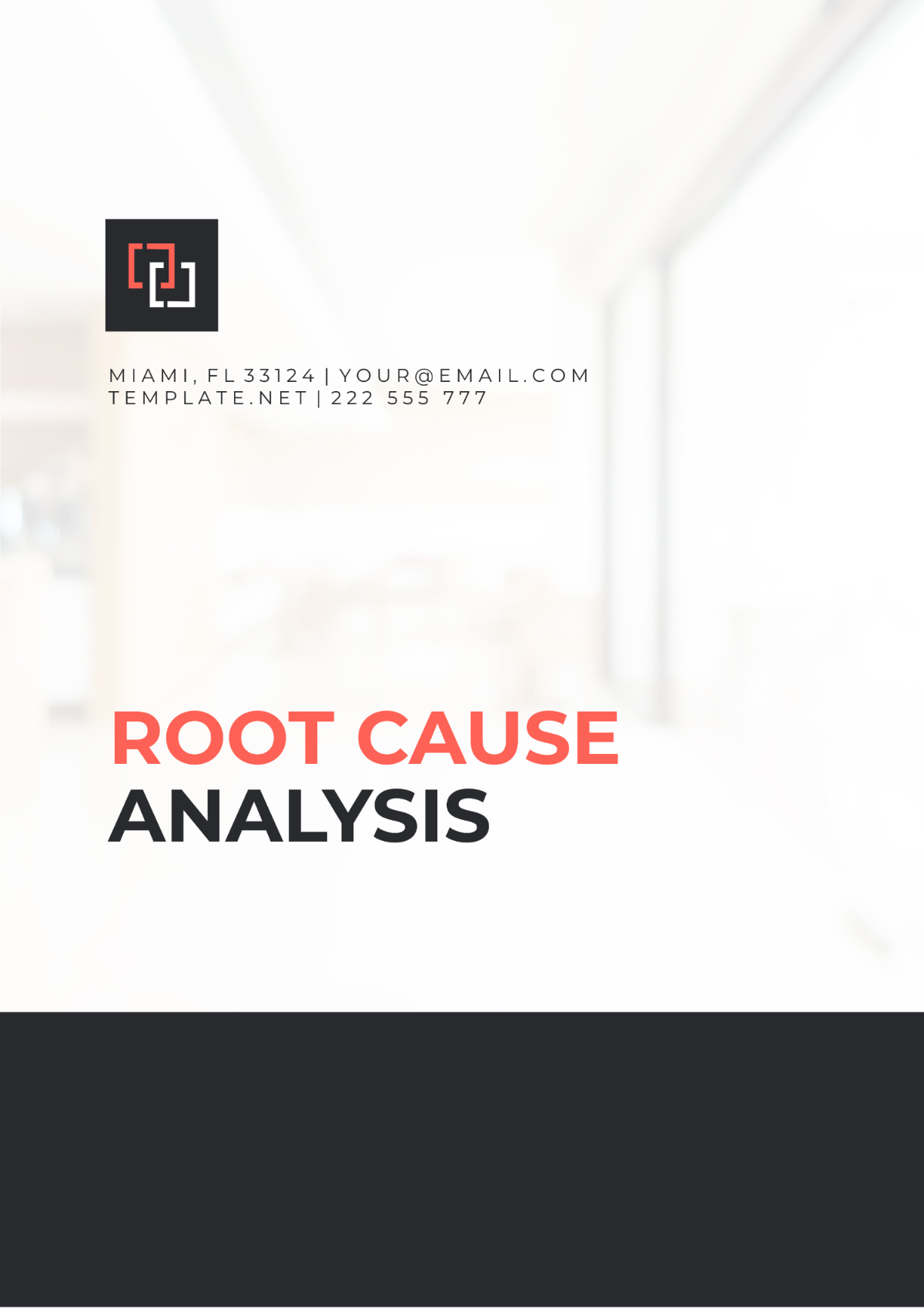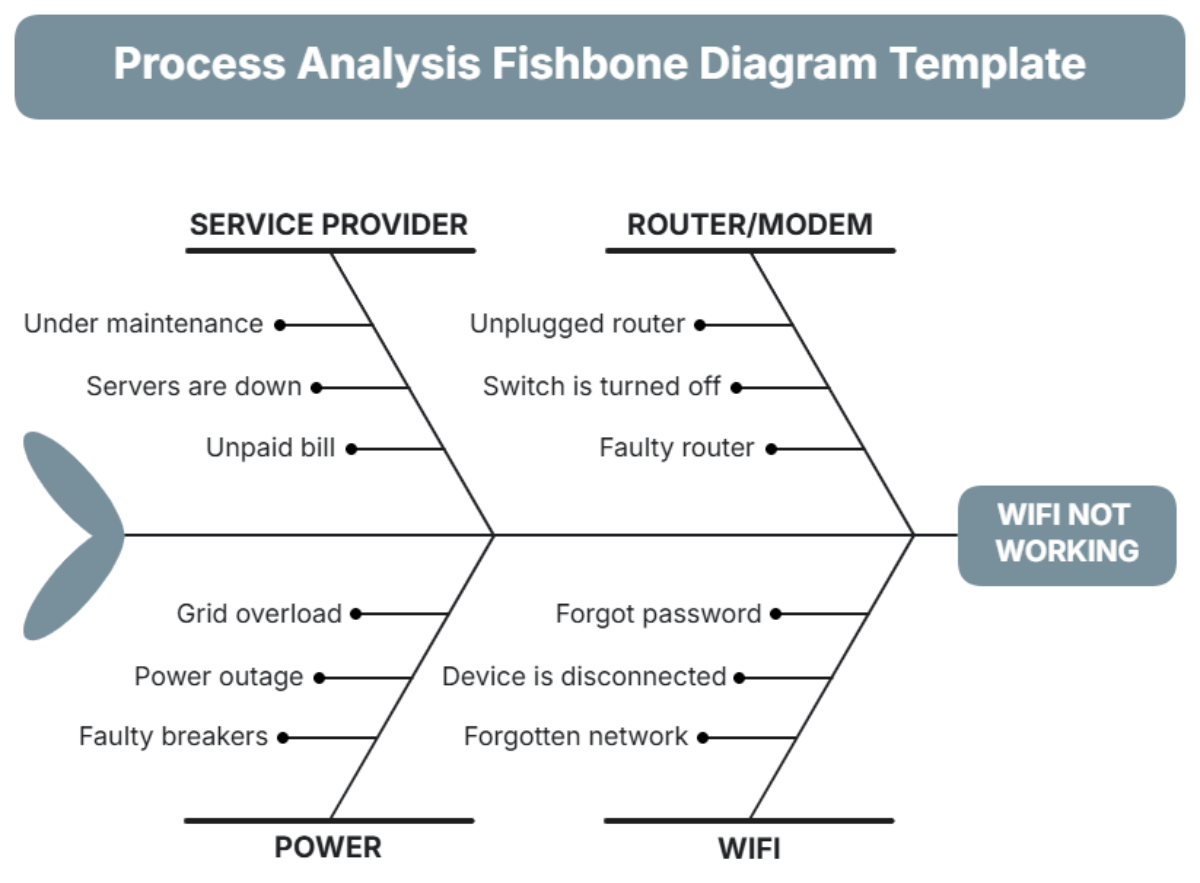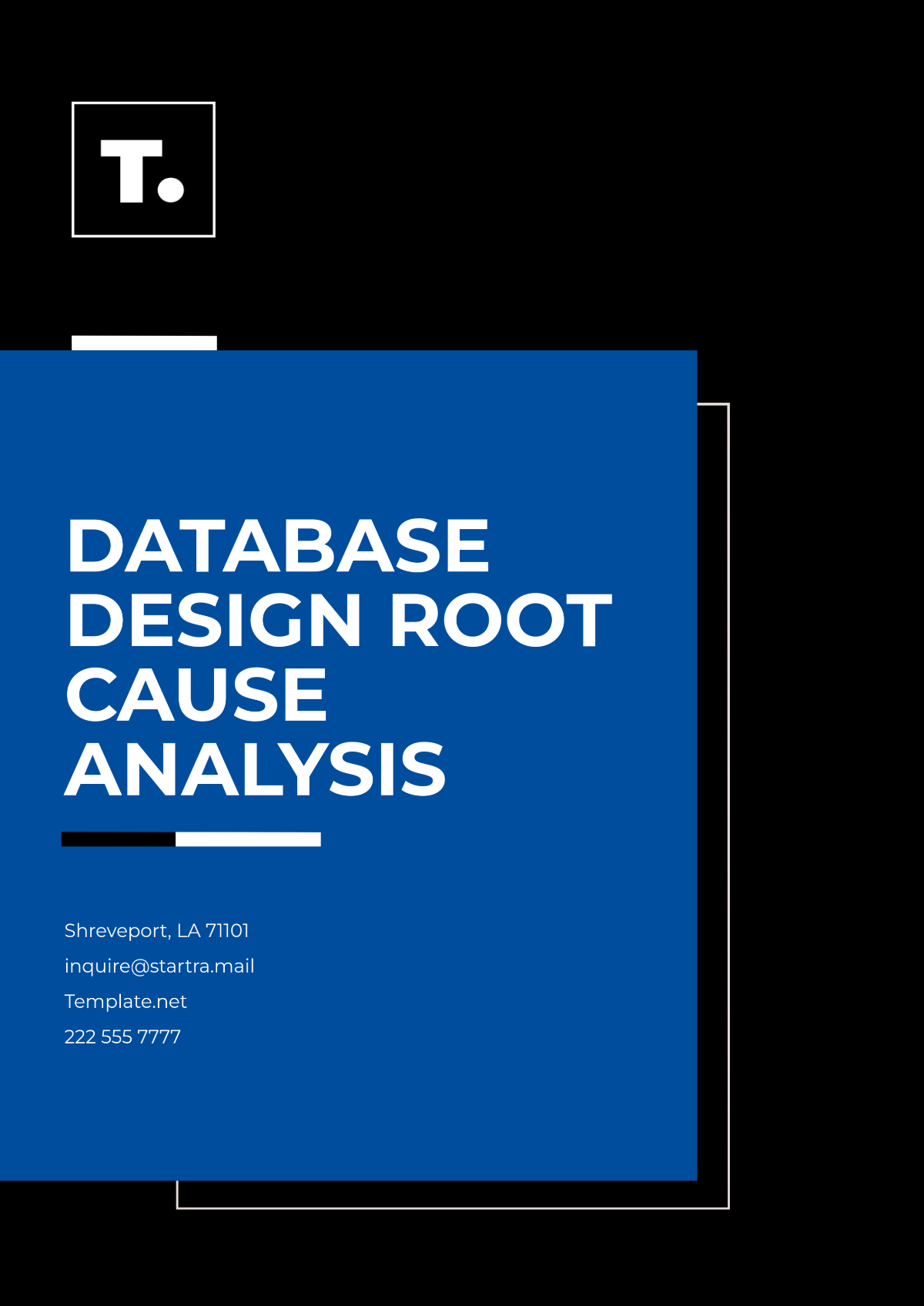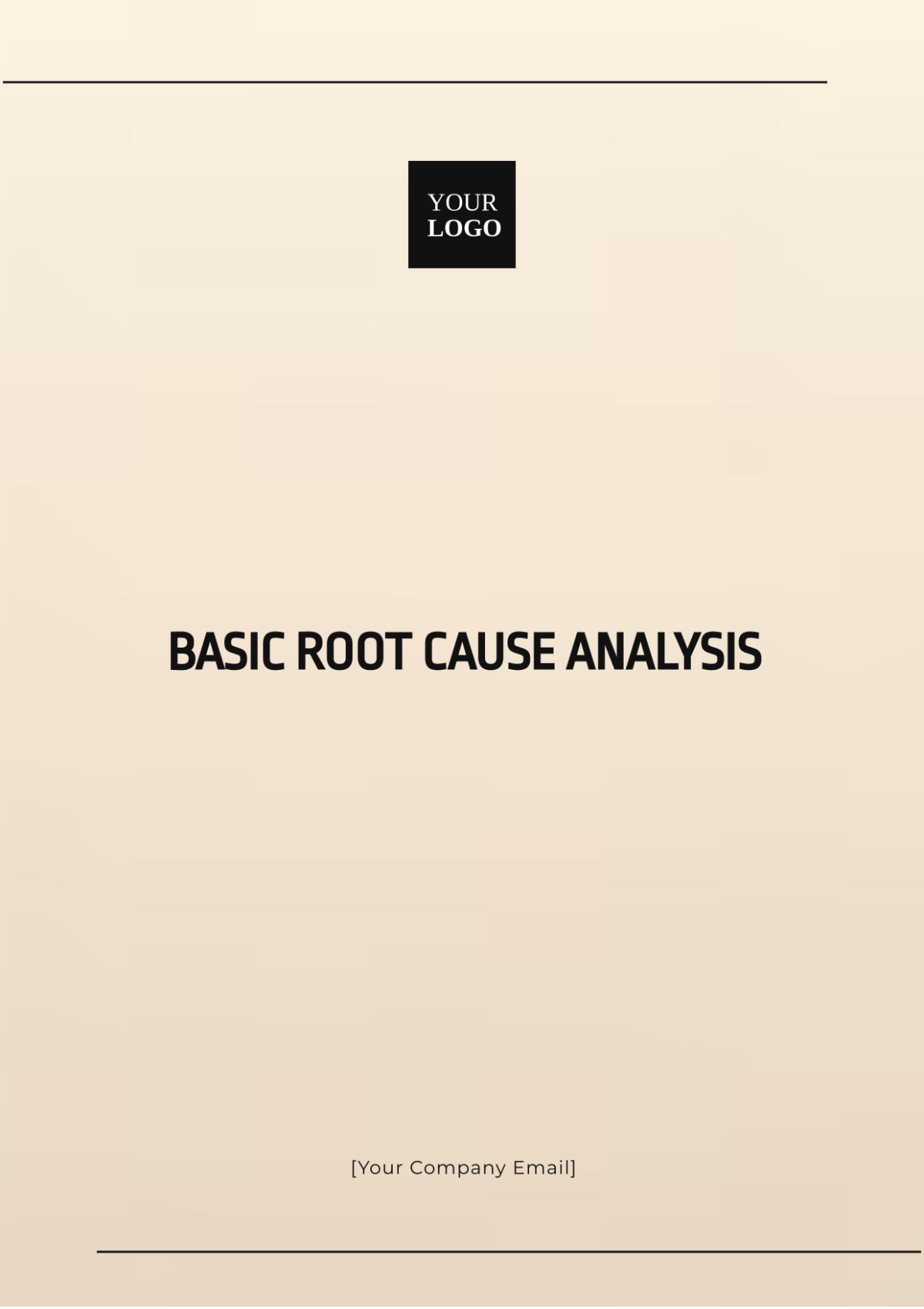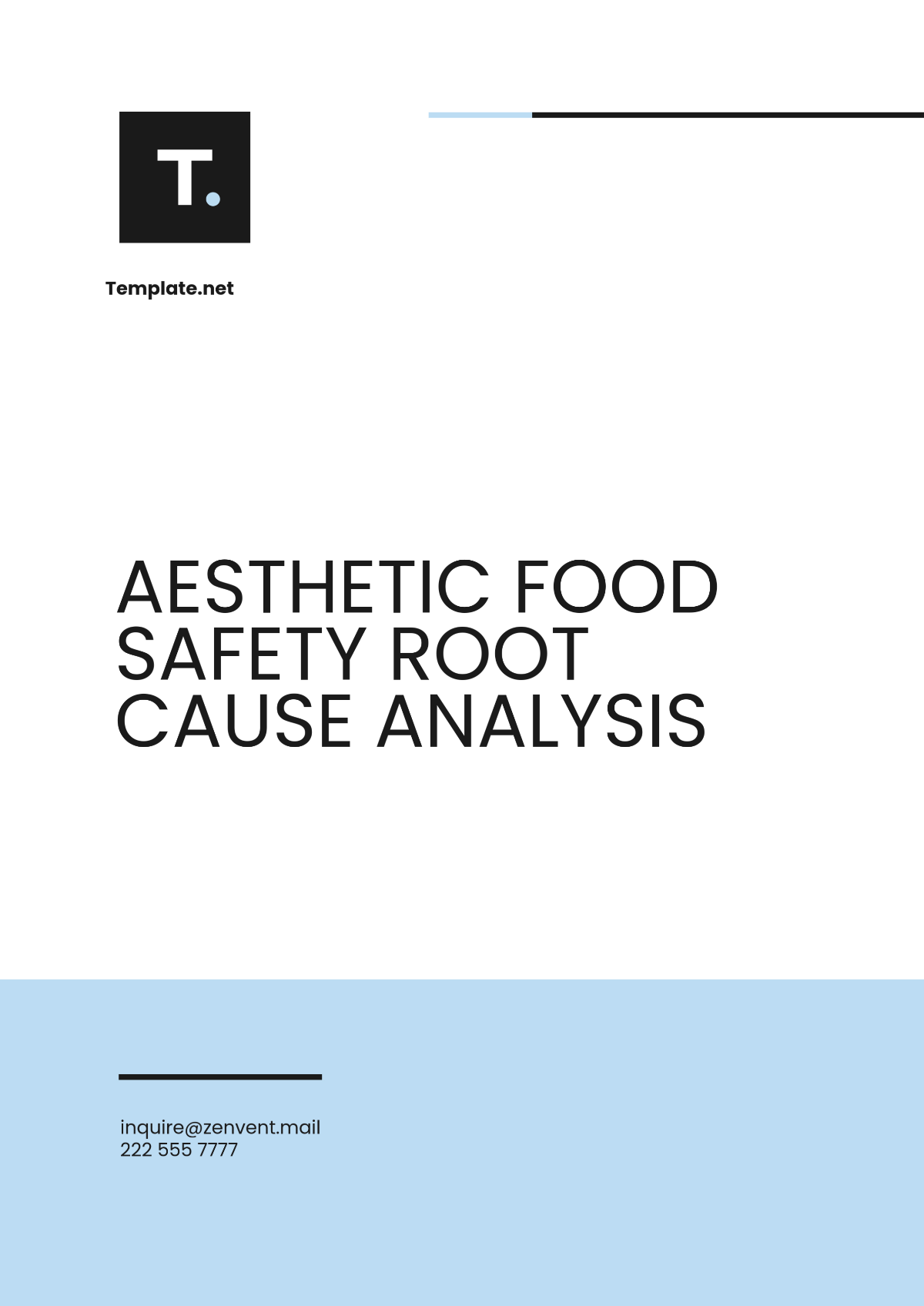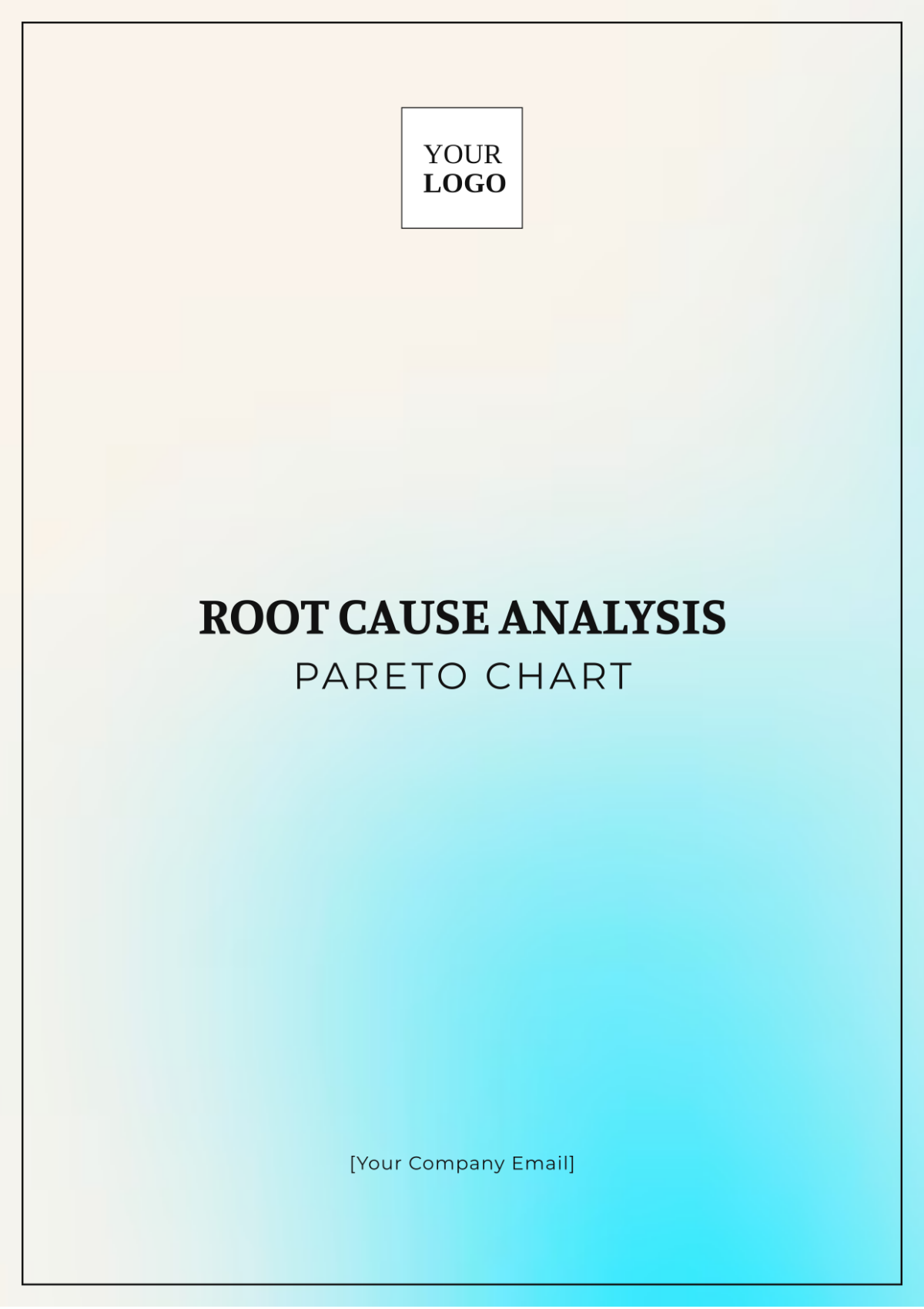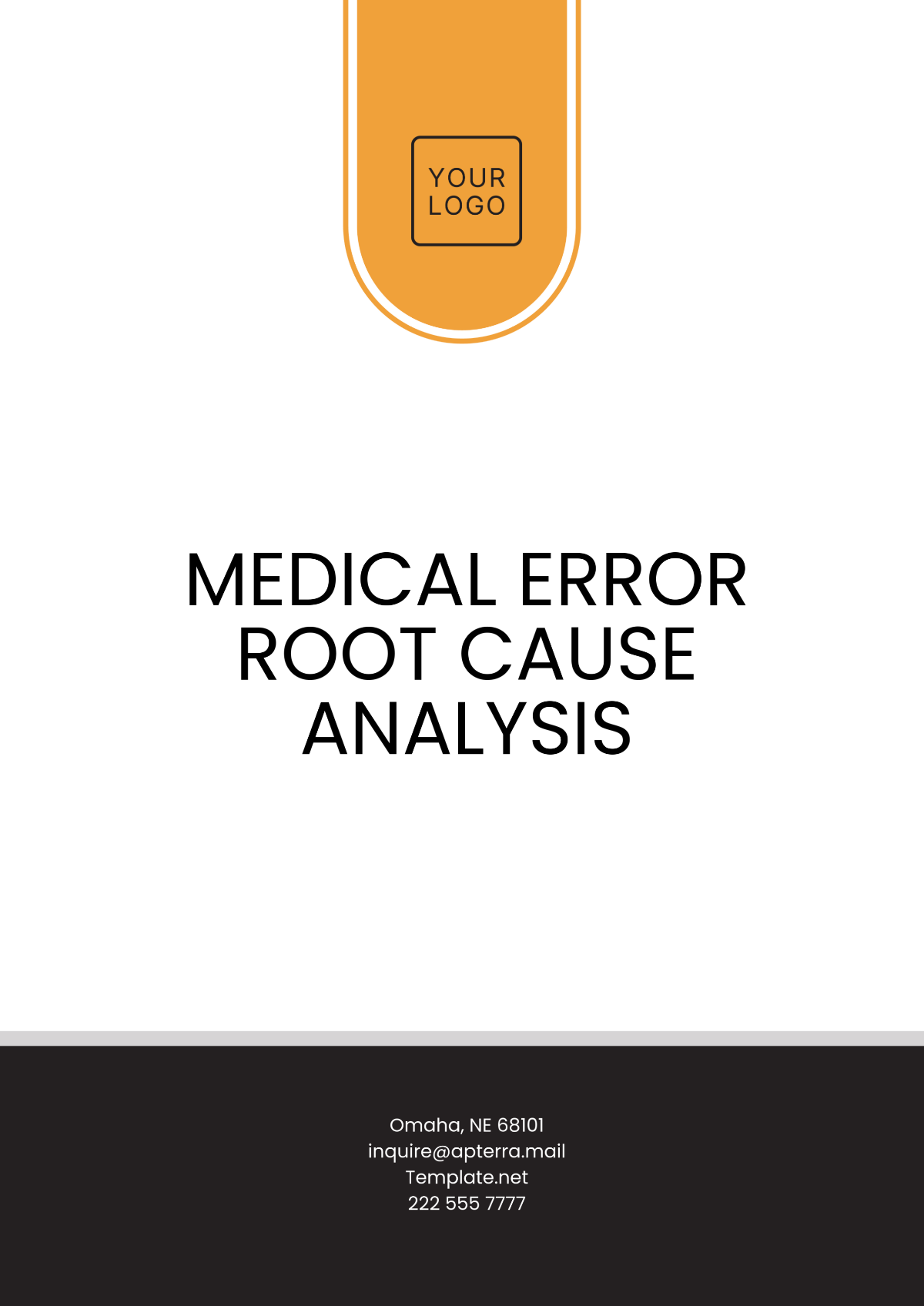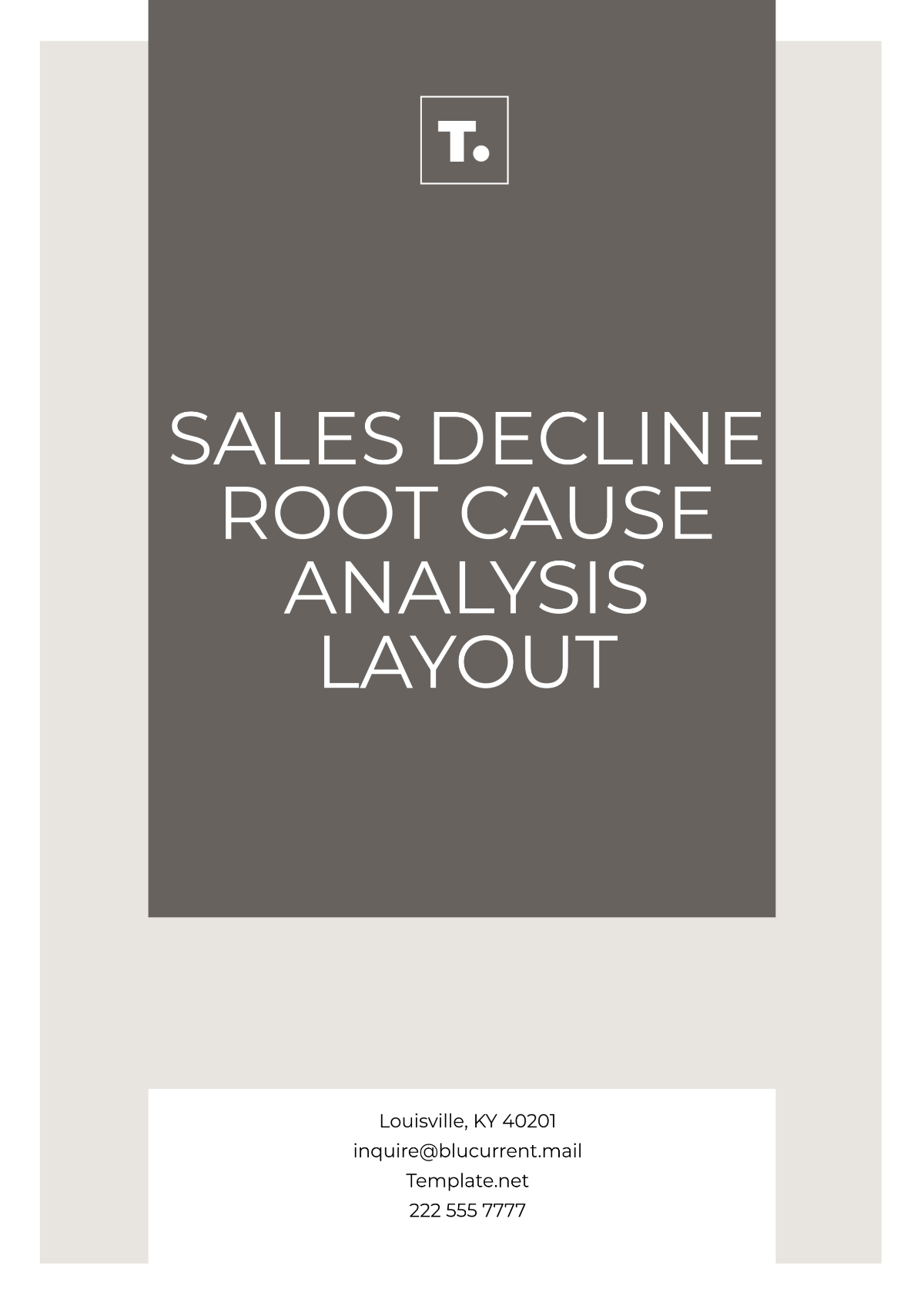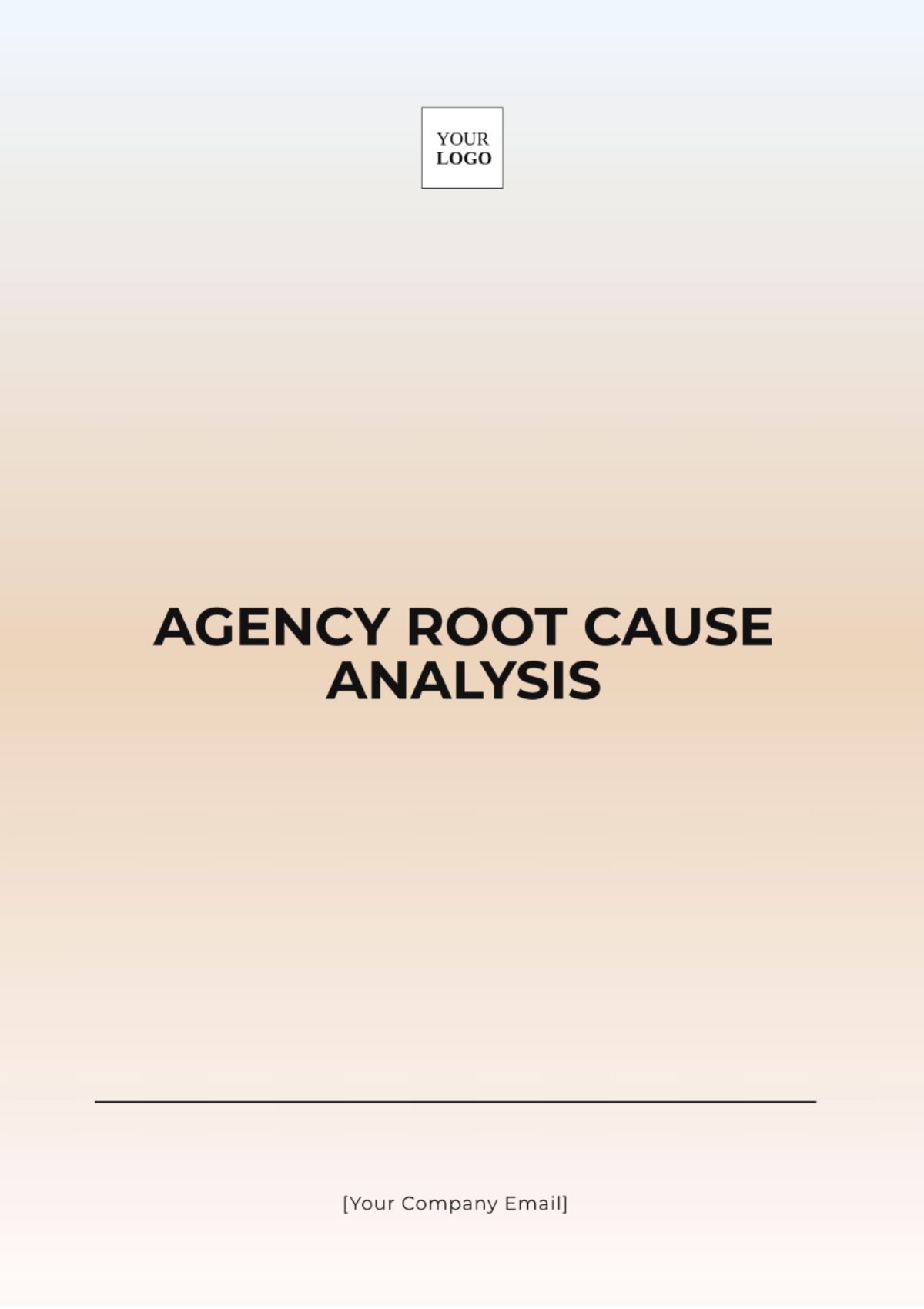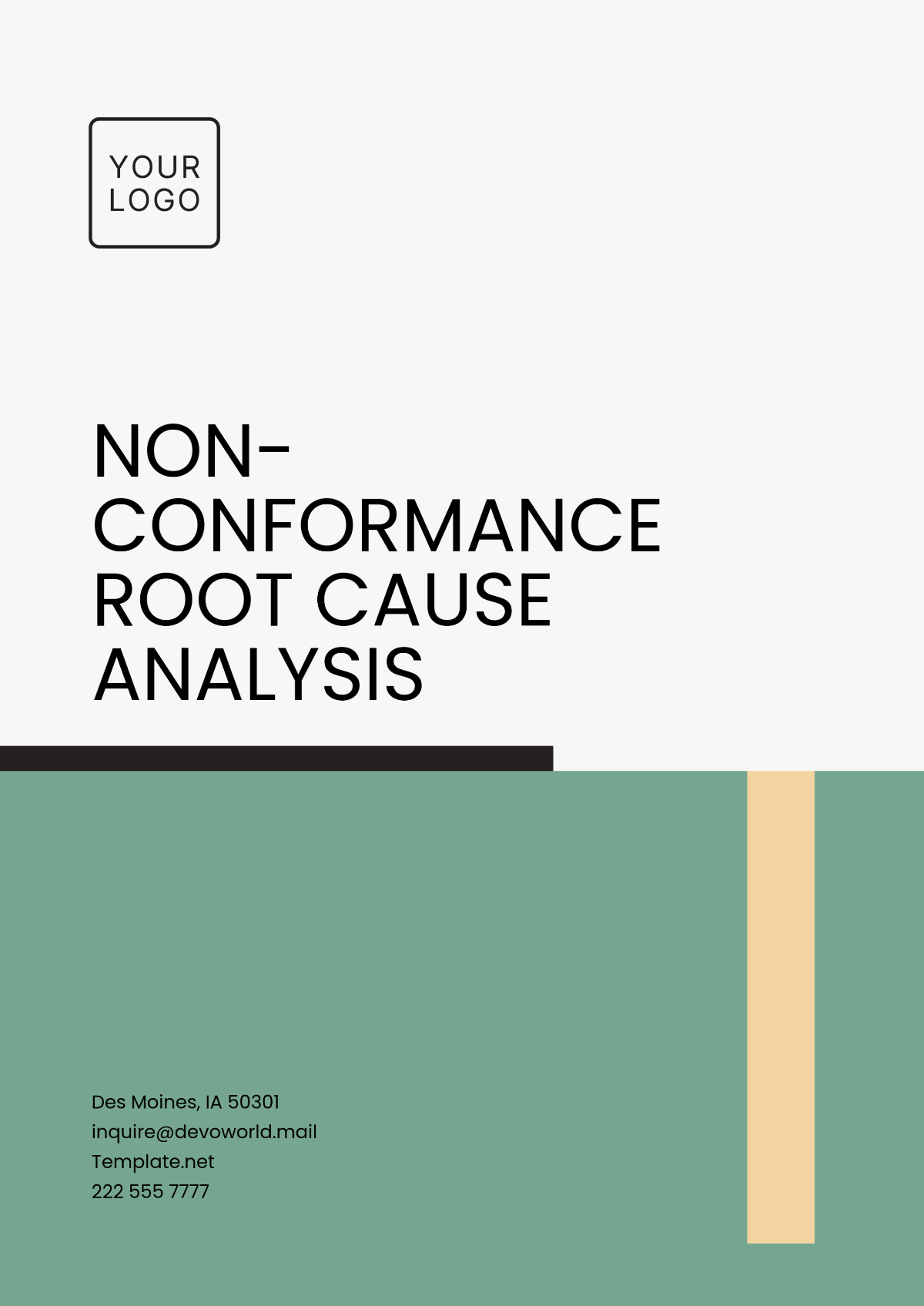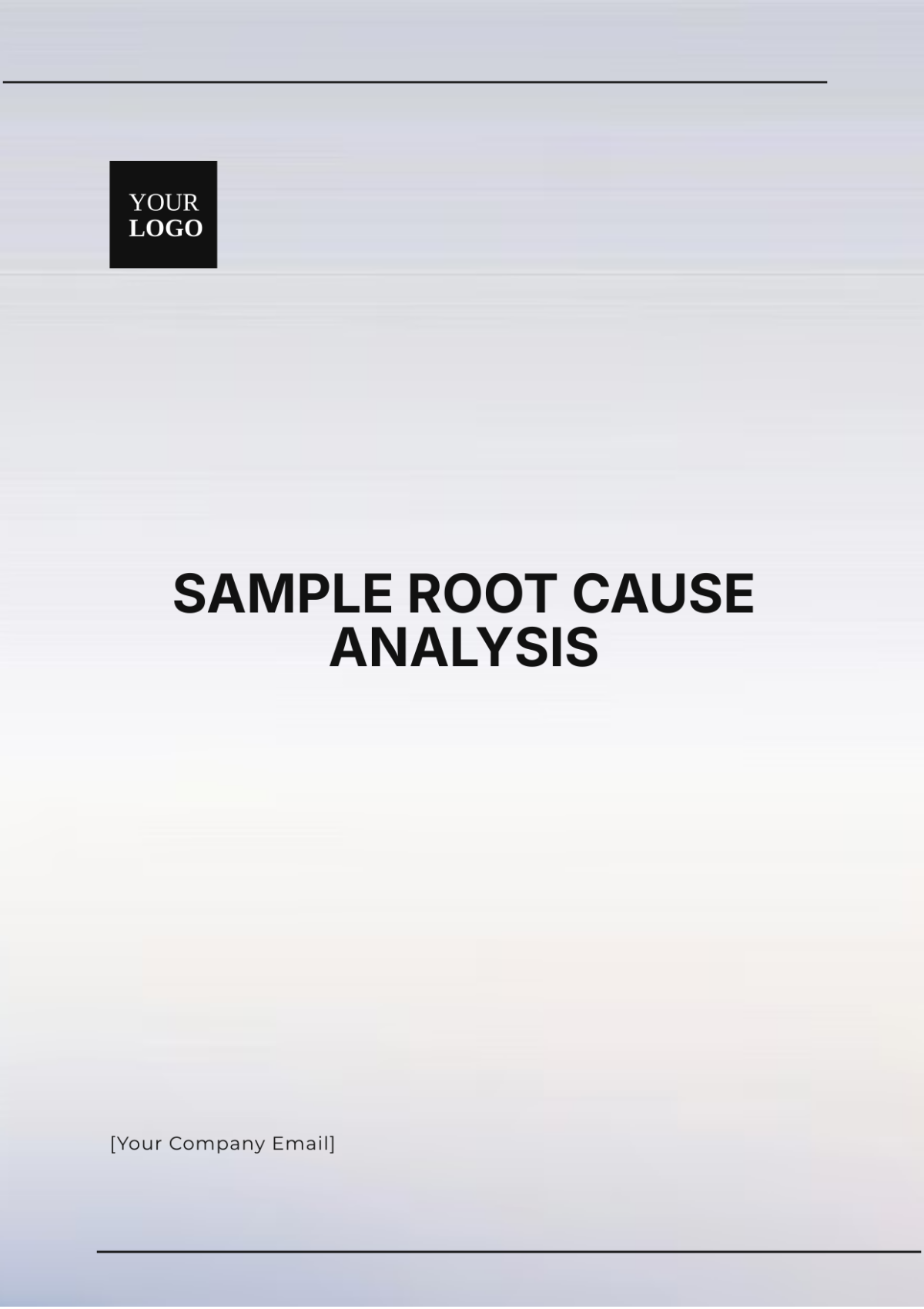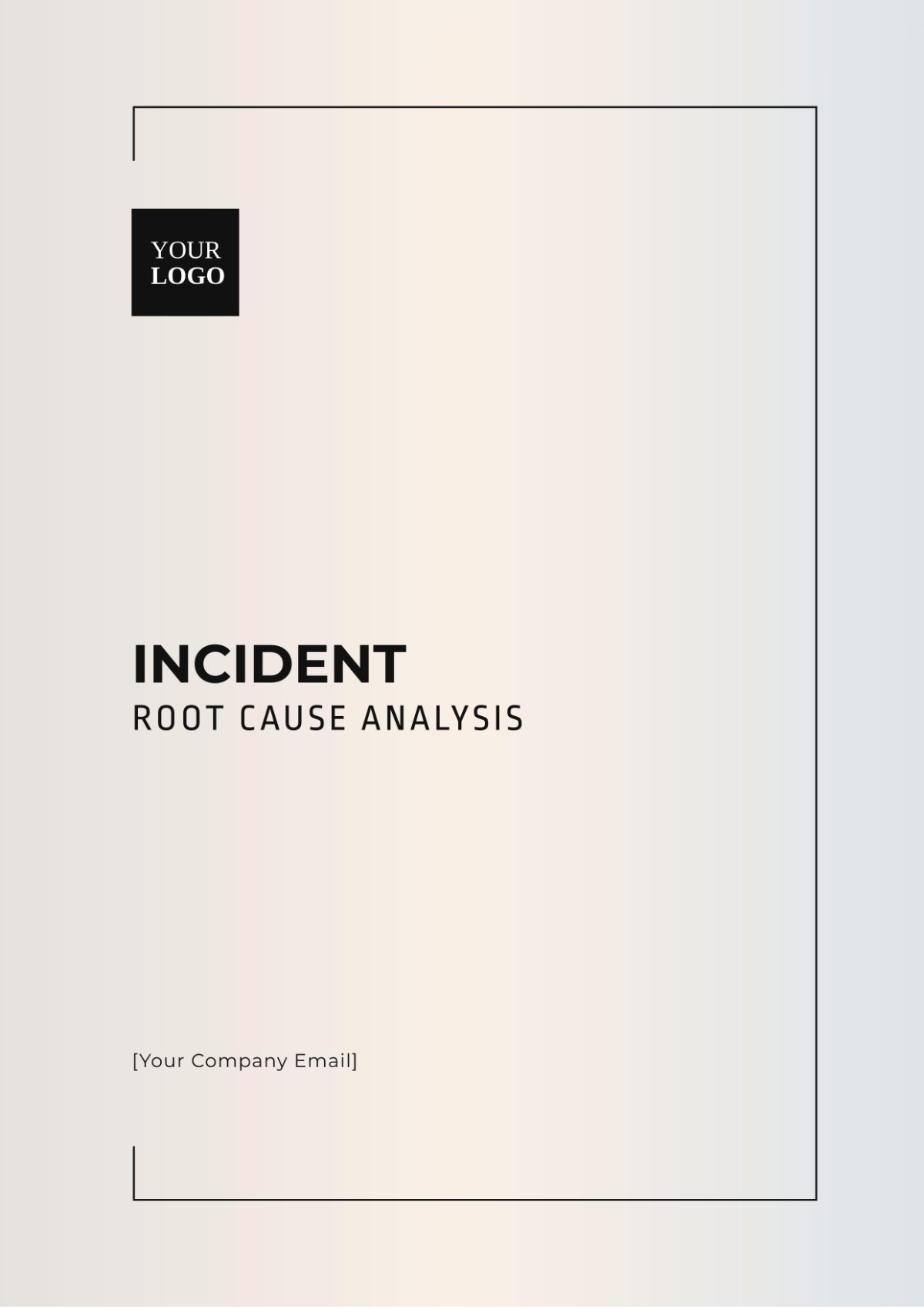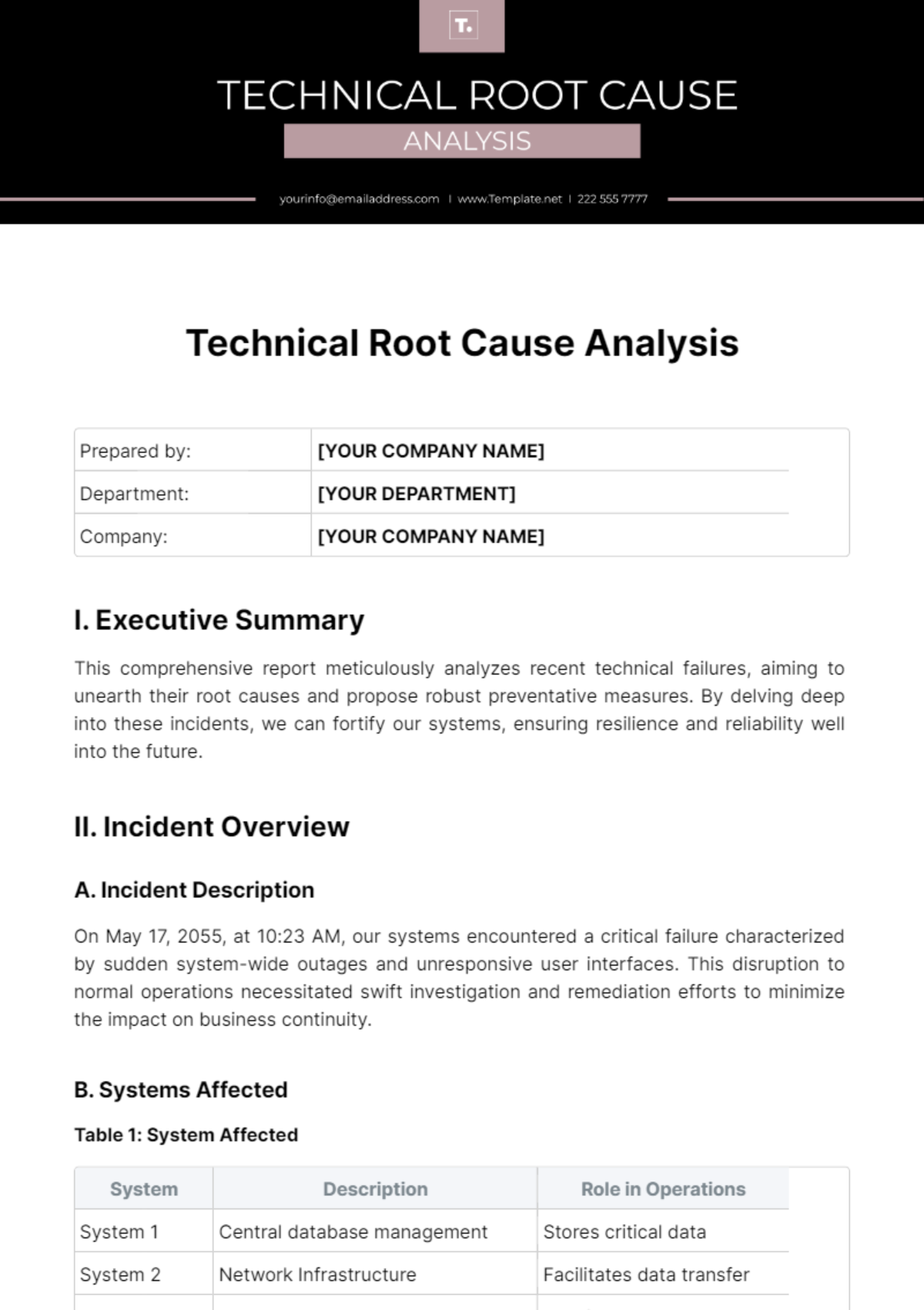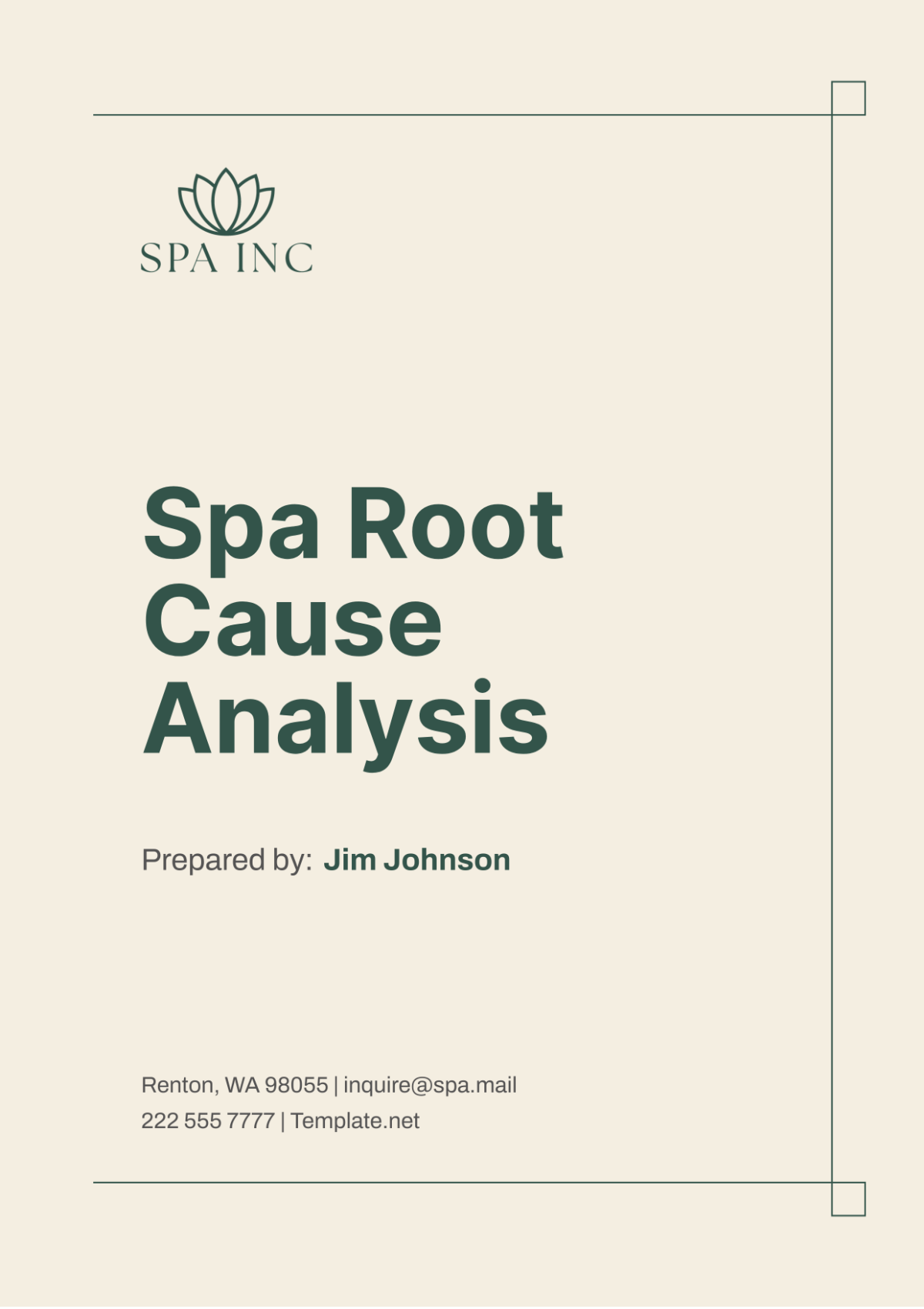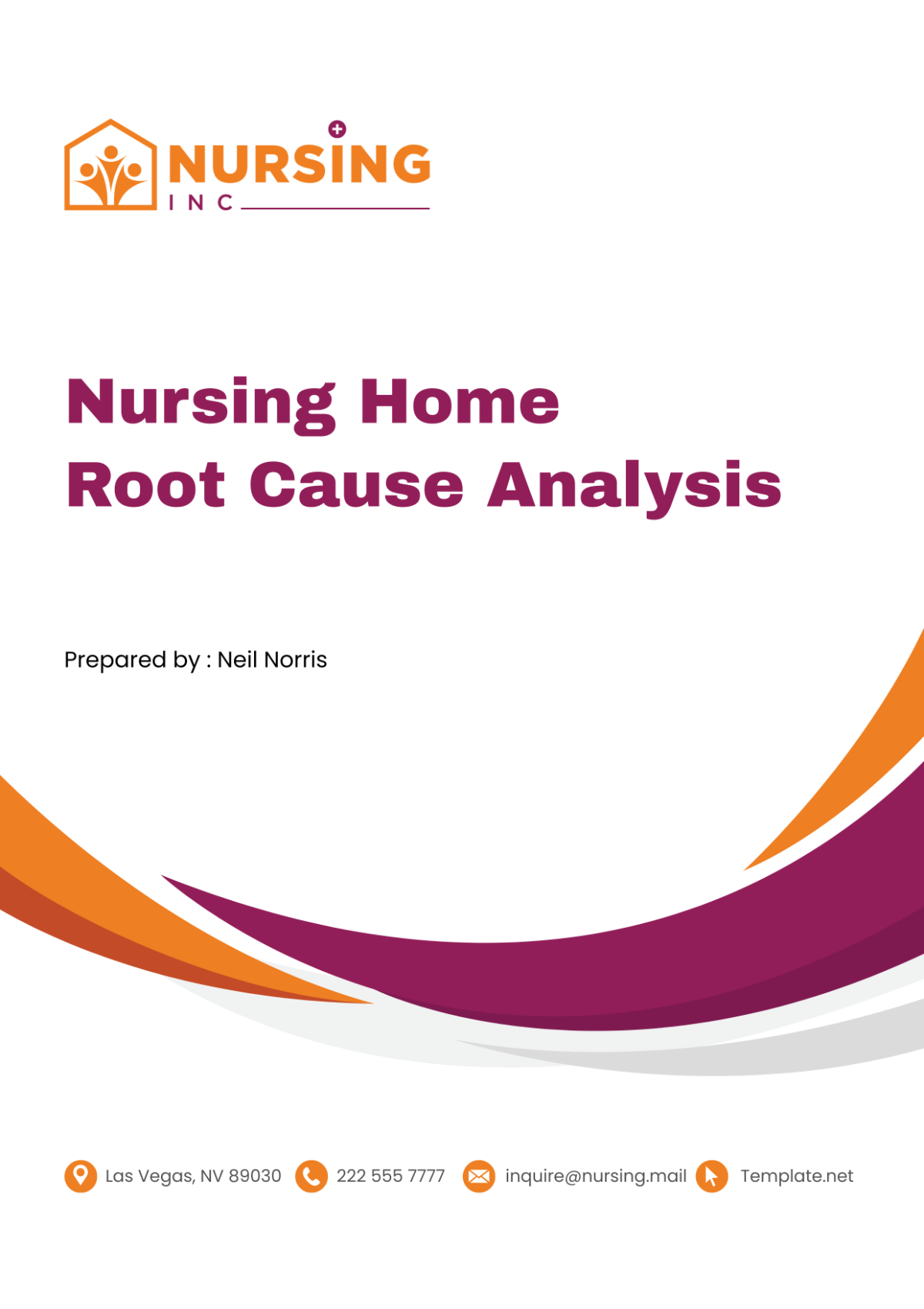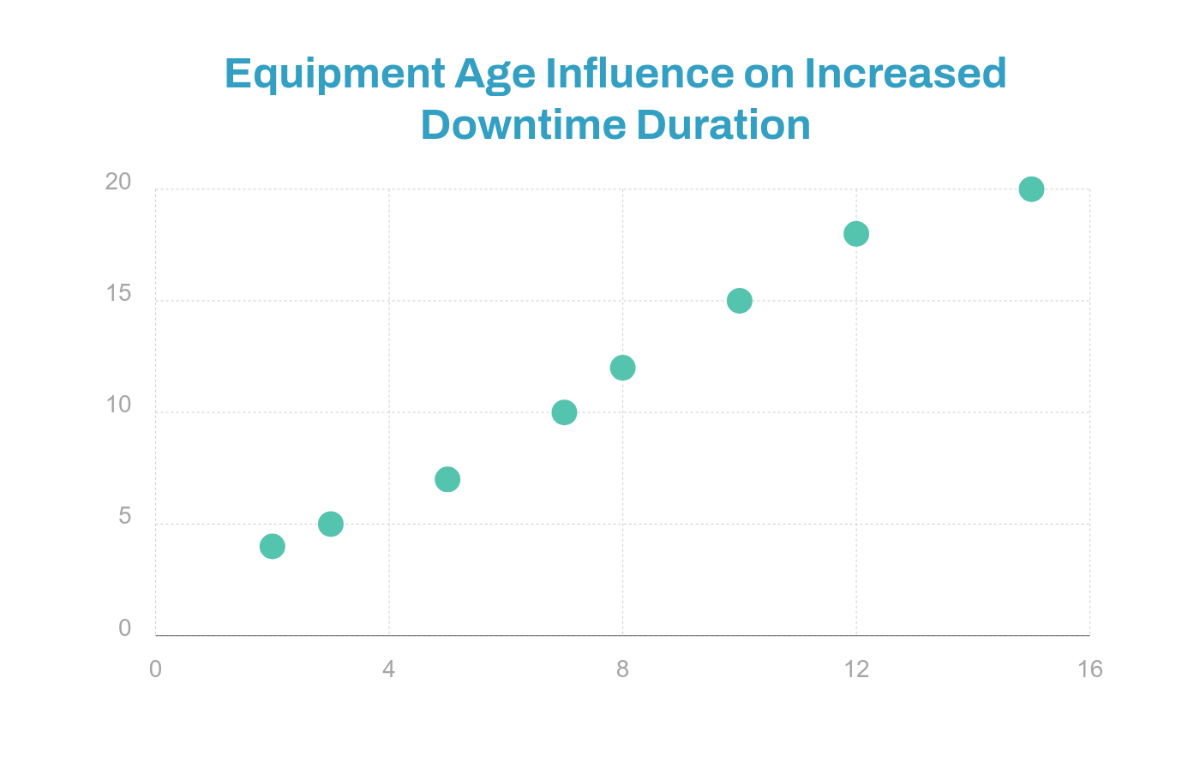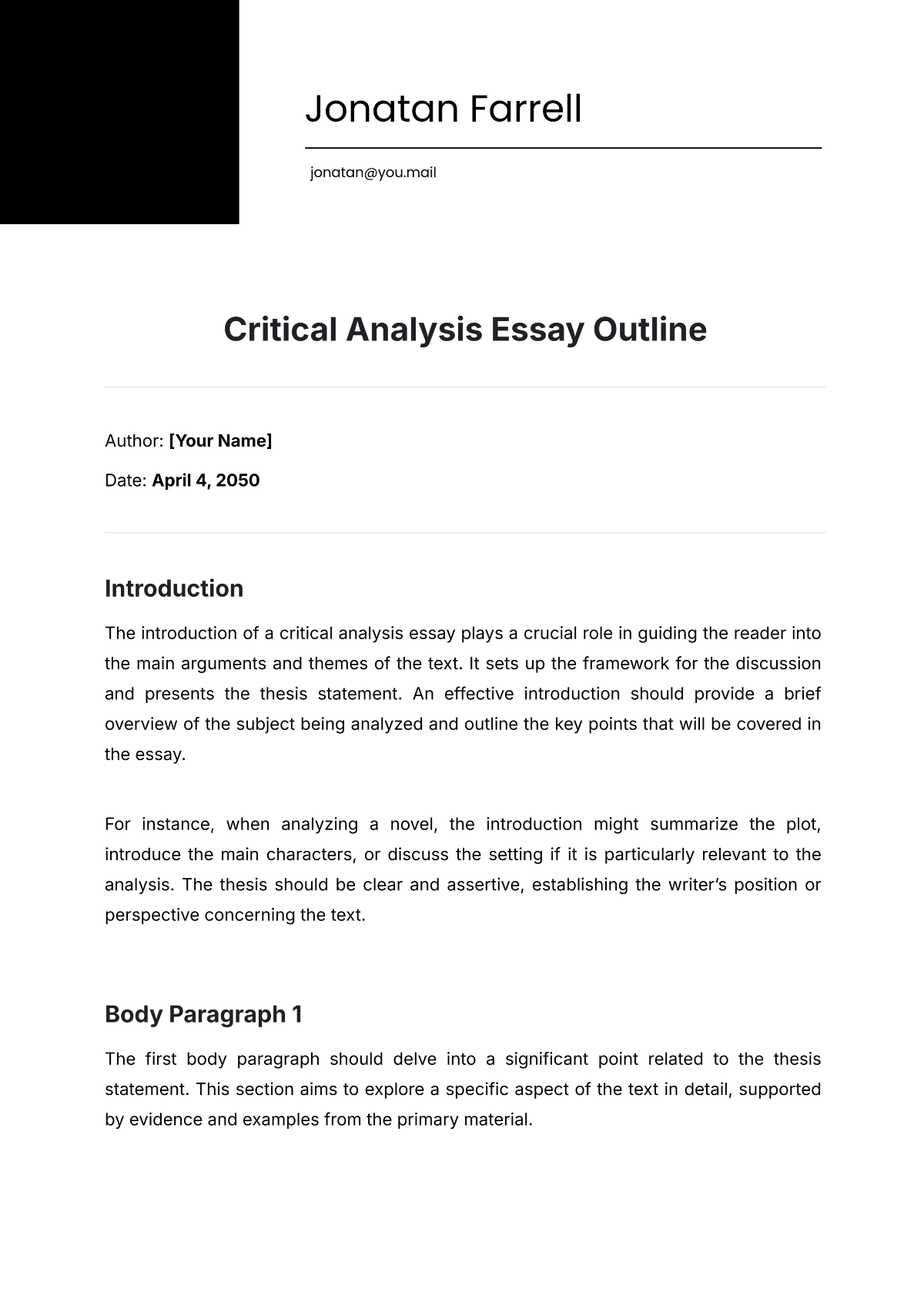Rhetorical Analysis Process
Introduction
The process of rhetorical analysis involves critically examining how arguments are constructed and communicated. In educational settings, developing students’ analytical and critical thinking skills is integral to understanding and executing effective rhetorical analysis. This document outlines strategies and methods for assessing and improving these skills, focusing on integrating comprehensive assessment techniques and providing effective improvement strategies within the curriculum.
Assessment Methods
Standardized Tests
Cognitive Ability Tests: These tests measure general cognitive abilities such as logical reasoning and problem-solving, which are foundational for analyzing rhetorical elements like argument structure and evidence use.
Critical Thinking Skills Tests: Designed specifically to assess critical thinking, these tests evaluate skills such as argument analysis and evidence evaluation, which are crucial for effective rhetorical analysis.
Project-Based Assessments
These assessments engage students in tasks that require them to apply analytical and critical thinking skills in practical contexts. By working on projects, students can develop the ability to construct and critique arguments, an essential aspect of rhetorical analysis.
Classroom Assessment Techniques (CATs)
Short Written Assessments: These can include quick reflections or analyses on rhetorical strategies used in various texts.
Think-Pair-Share Activities: Facilitates discussions on rhetorical elements, enabling students to analyze and articulate their understanding of argumentation and persuasion.
Concept Mapping: Helps students visualize and organize the structure of arguments, enhancing their ability to dissect and assess rhetorical effectiveness.
Improvement Strategies
Incorporating Critical Thinking Exercises
Debates on Contemporary Issues: Encourages students to engage in argumentation and persuasive communication, honing their skills in constructing and evaluating rhetorical arguments.
Case Studies Analysis: Provides practical examples for students to analyze rhetorical strategies and effectiveness.
Role-Playing Scenarios: Allows students to practice persuasive techniques and analyze rhetorical strategies in simulated environments.
Teaching Metacognitive Strategies
Encourage Self-Questioning: Promotes deeper reflection on one’s own rhetorical strategies and analytical processes.
Teach Time Management and Planning Skills: Helps students organize their rhetorical analysis and argument construction processes effectively.
Promote Use of Learning Journals: Encourages students to reflect on their rhetorical analysis and argumentative skills over time.
Providing Constructive Feedback
Formative Feedback: Offers ongoing guidance on students' rhetorical analyses and argumentation, focusing on improvement before final assessments.
Summative Feedback: Evaluates overall performance in rhetorical analysis, providing comprehensive insights into strengths and areas for growth.
Conclusion
The process of rhetorical analysis is deeply intertwined with the development of analytical and critical thinking skills. By implementing diverse assessment methods and targeted improvement strategies, educators can enhance students’ abilities to effectively analyze and construct arguments. This comprehensive approach not only supports academic achievement but also prepares students to excel in rhetorical analysis across various contexts in their personal and professional lives.
